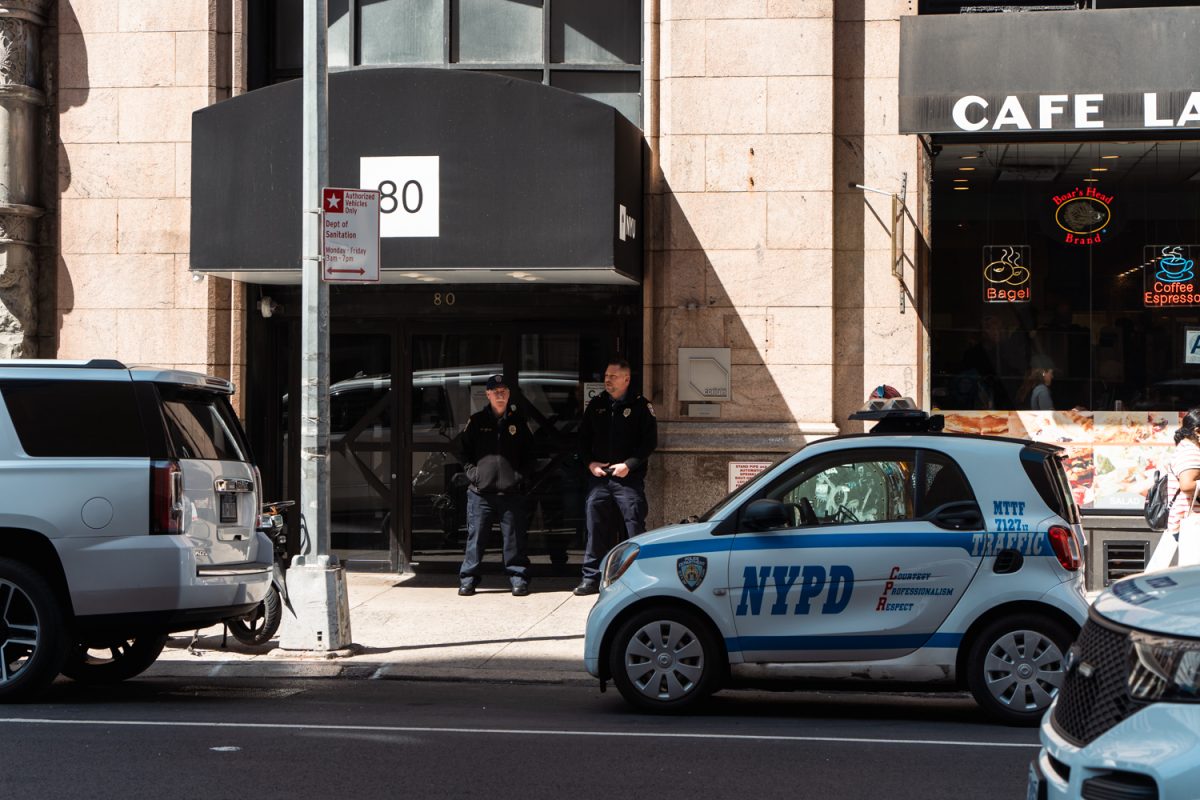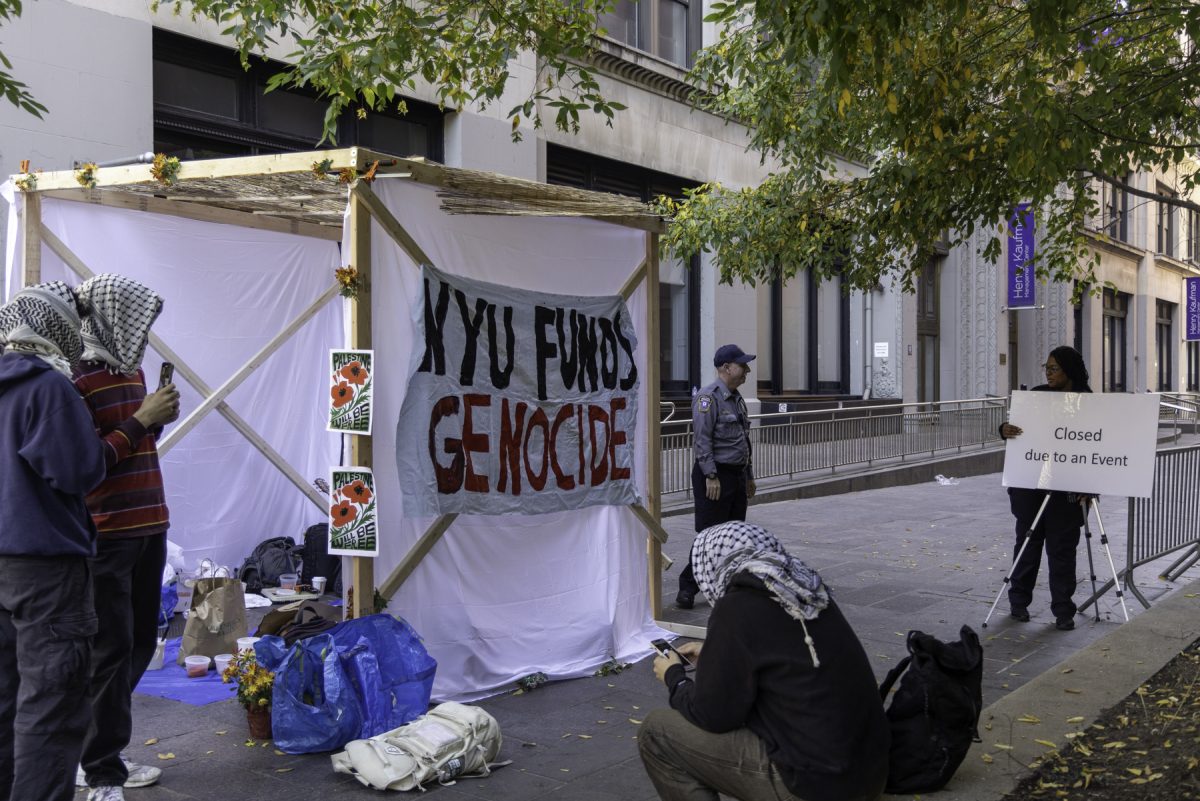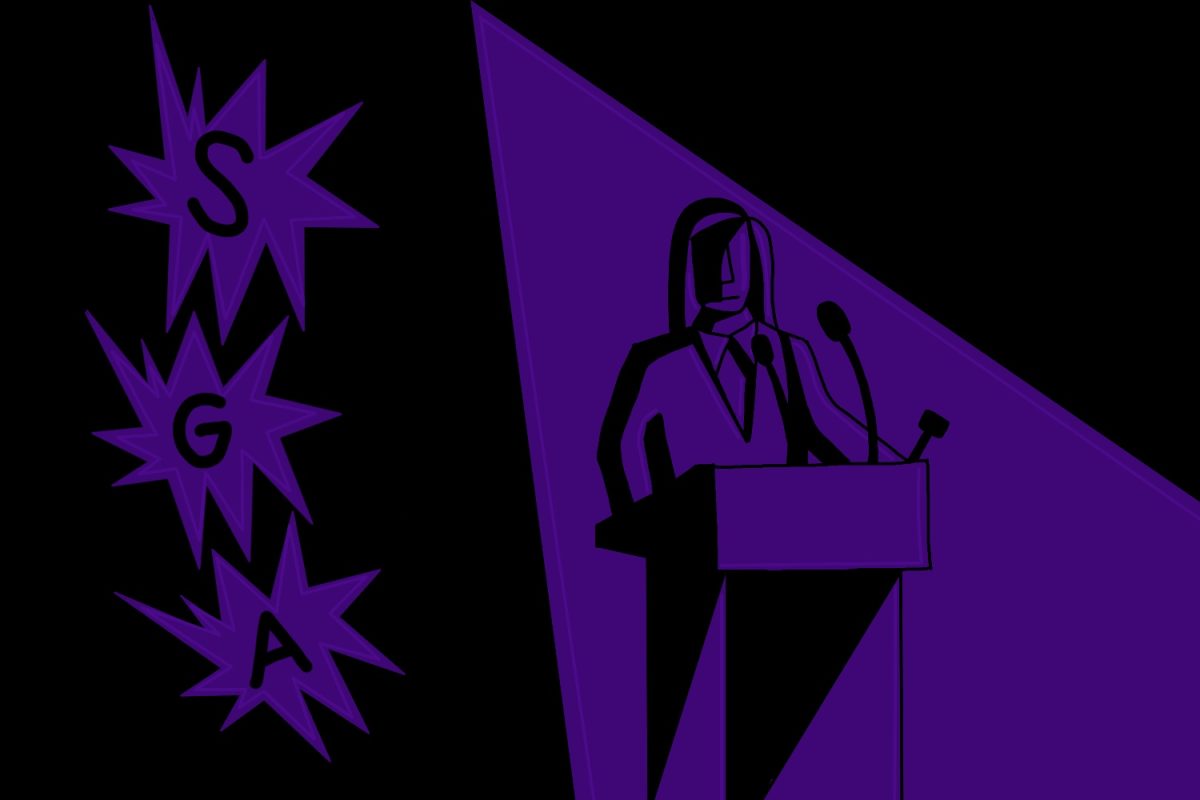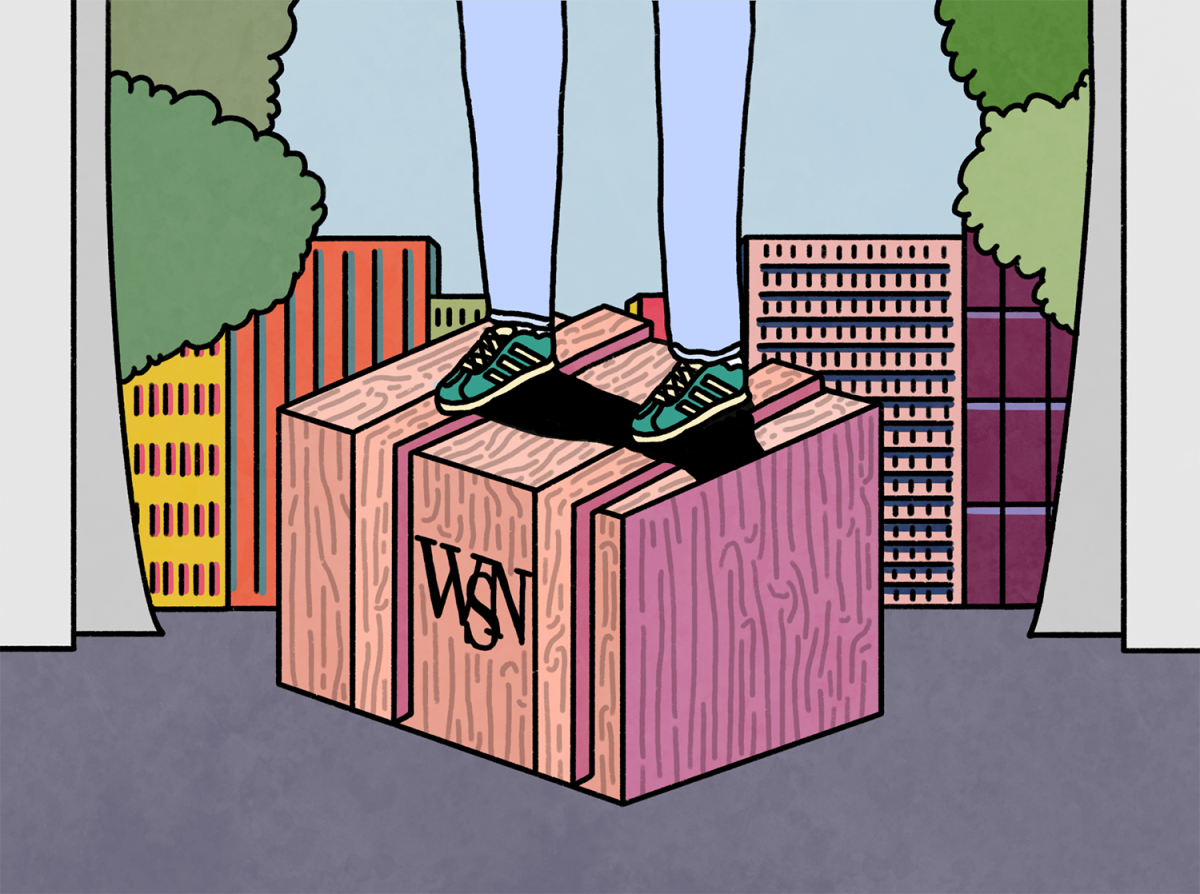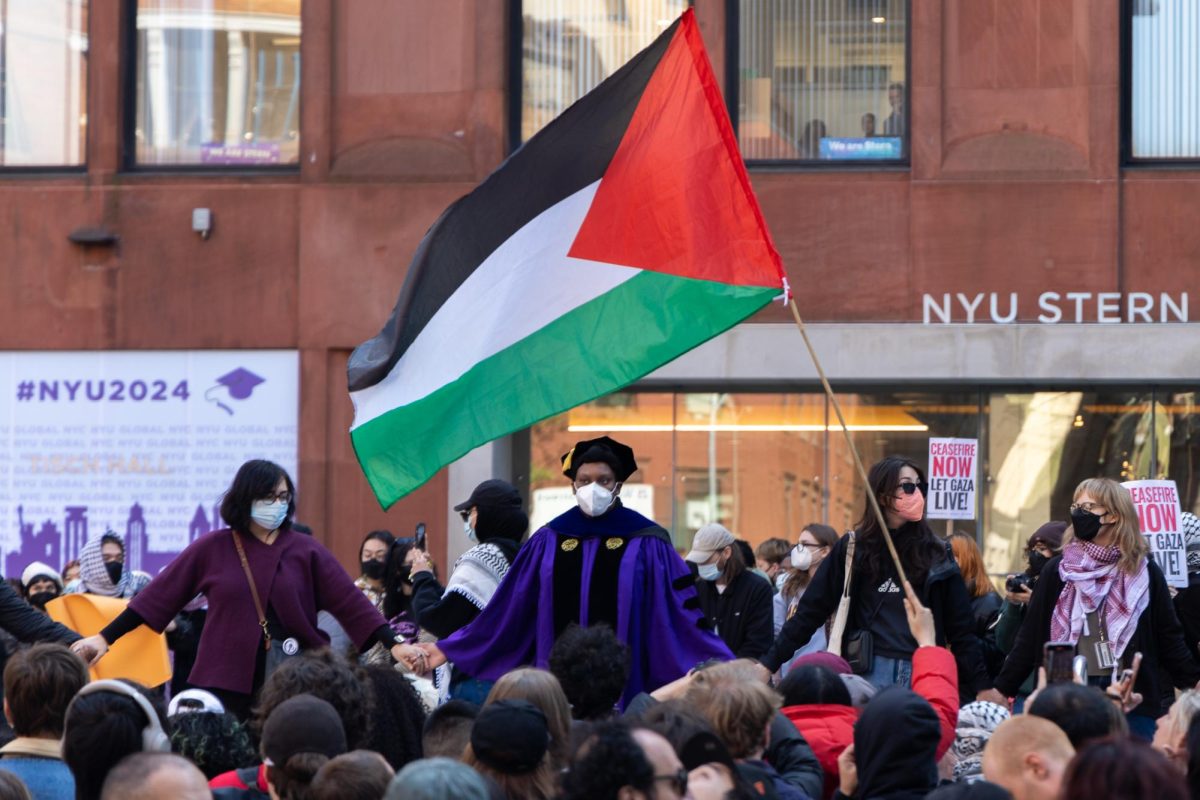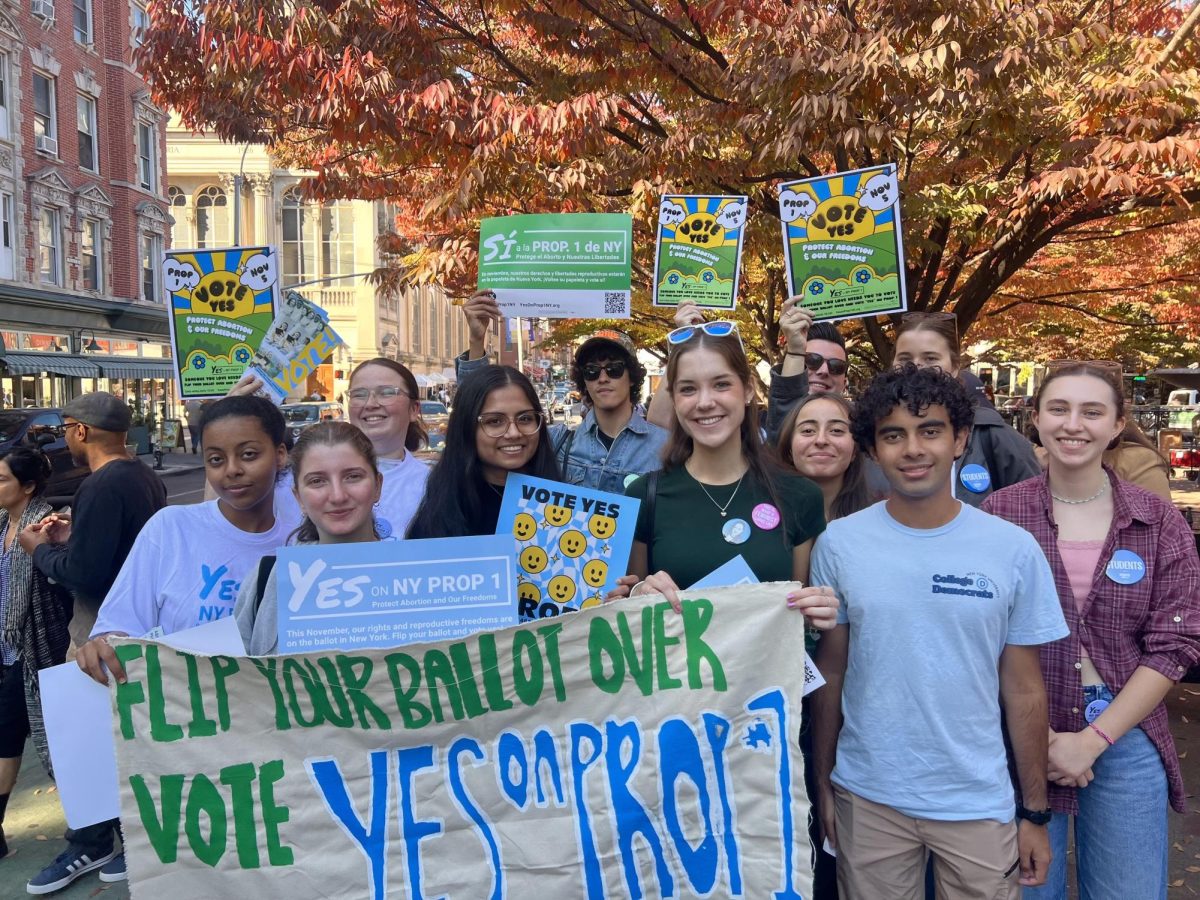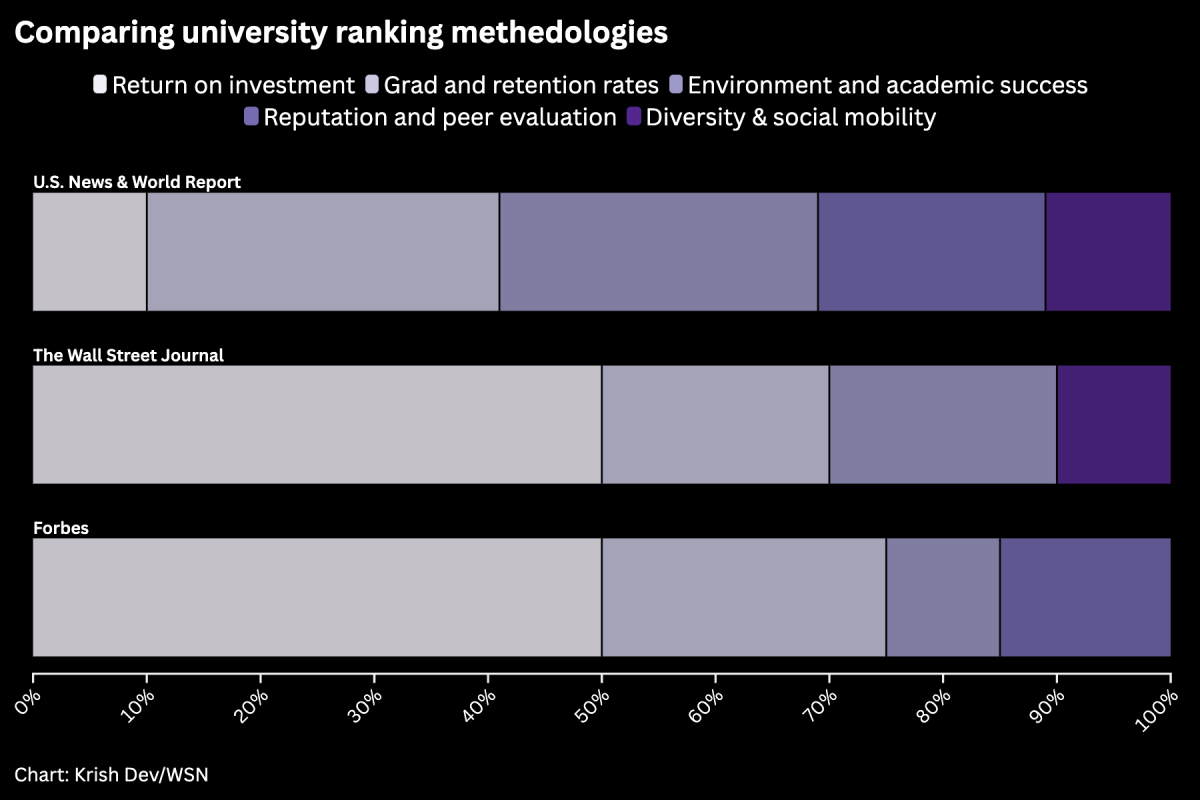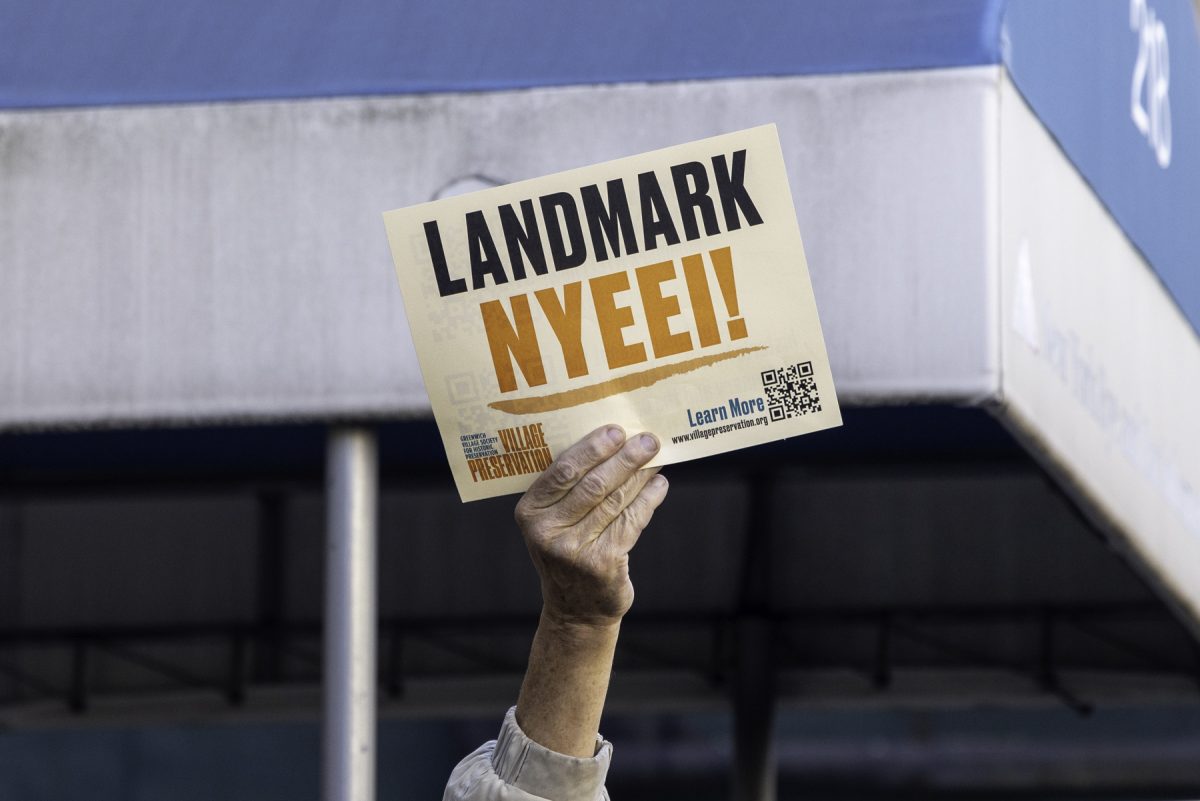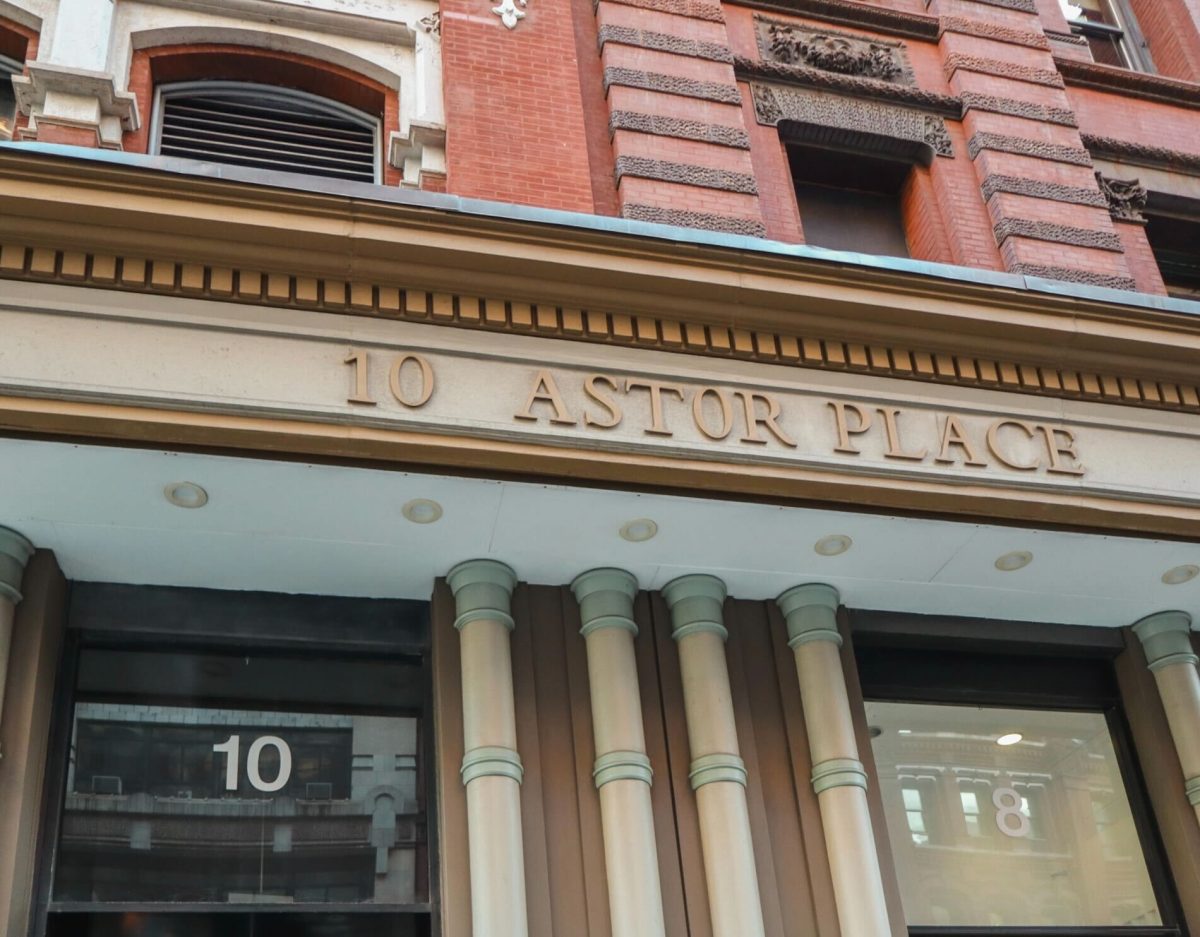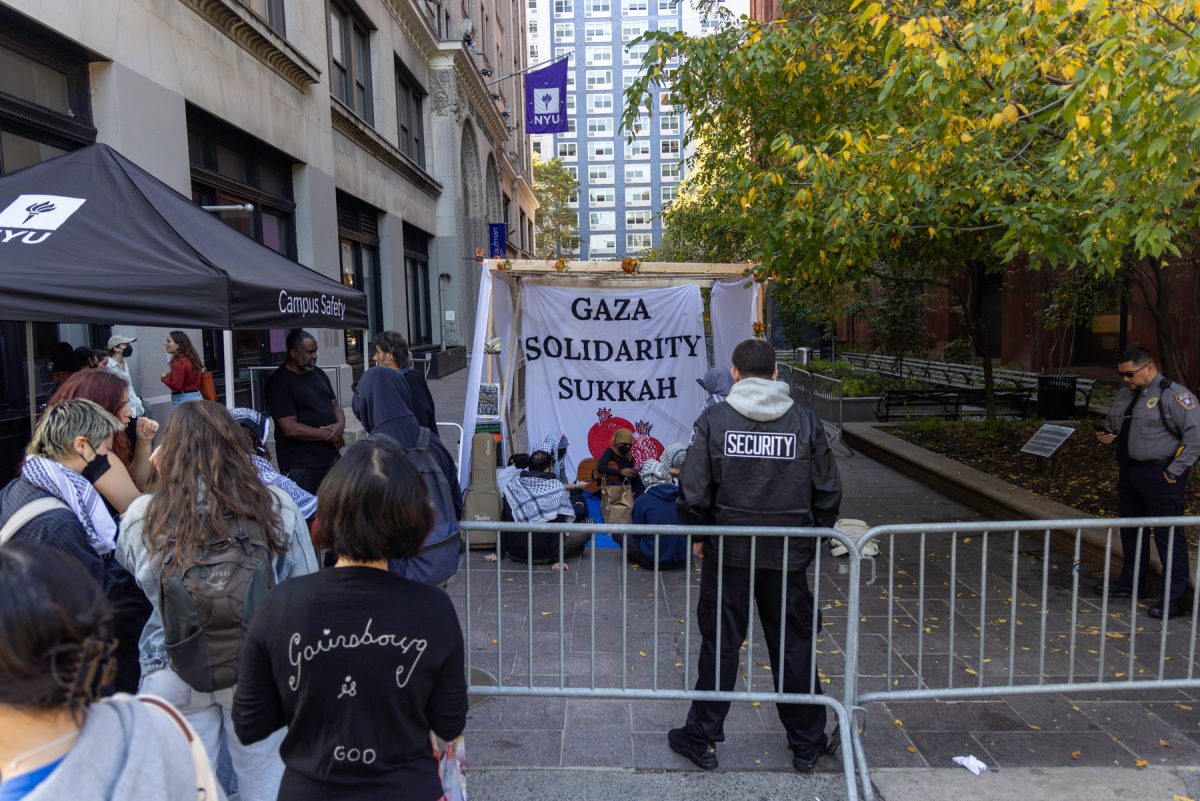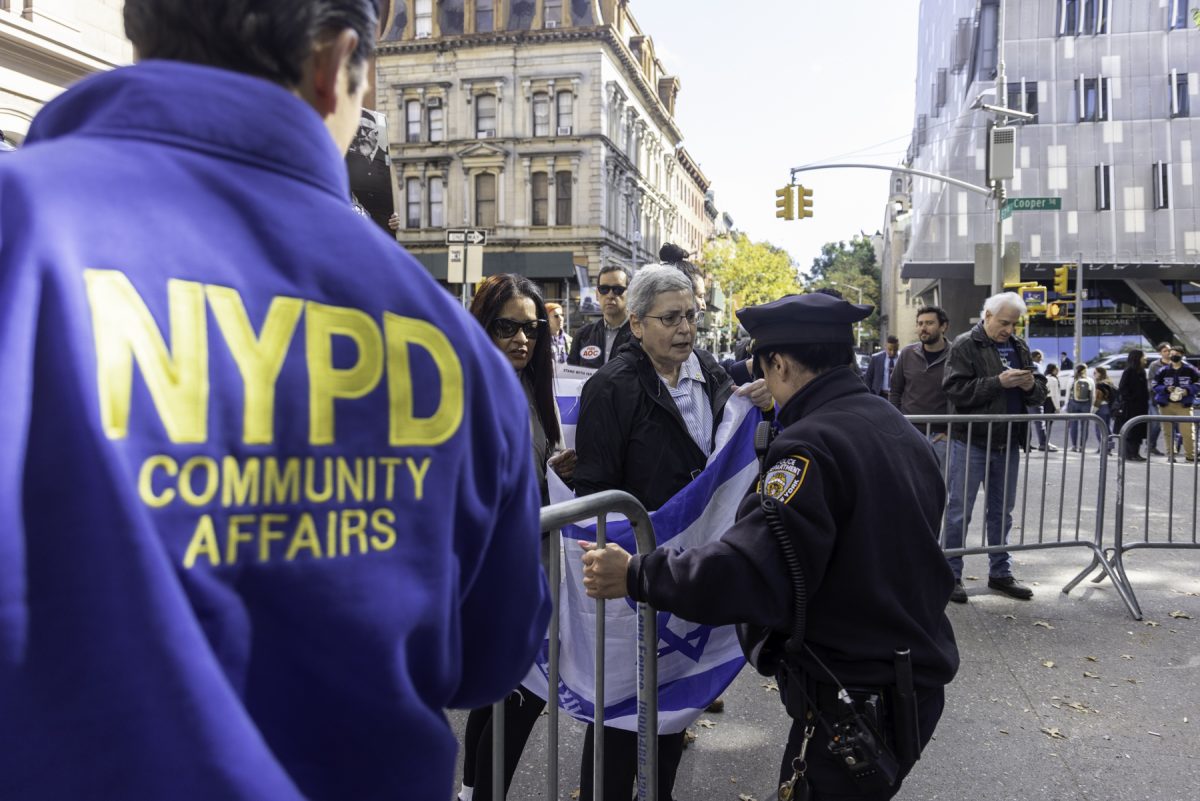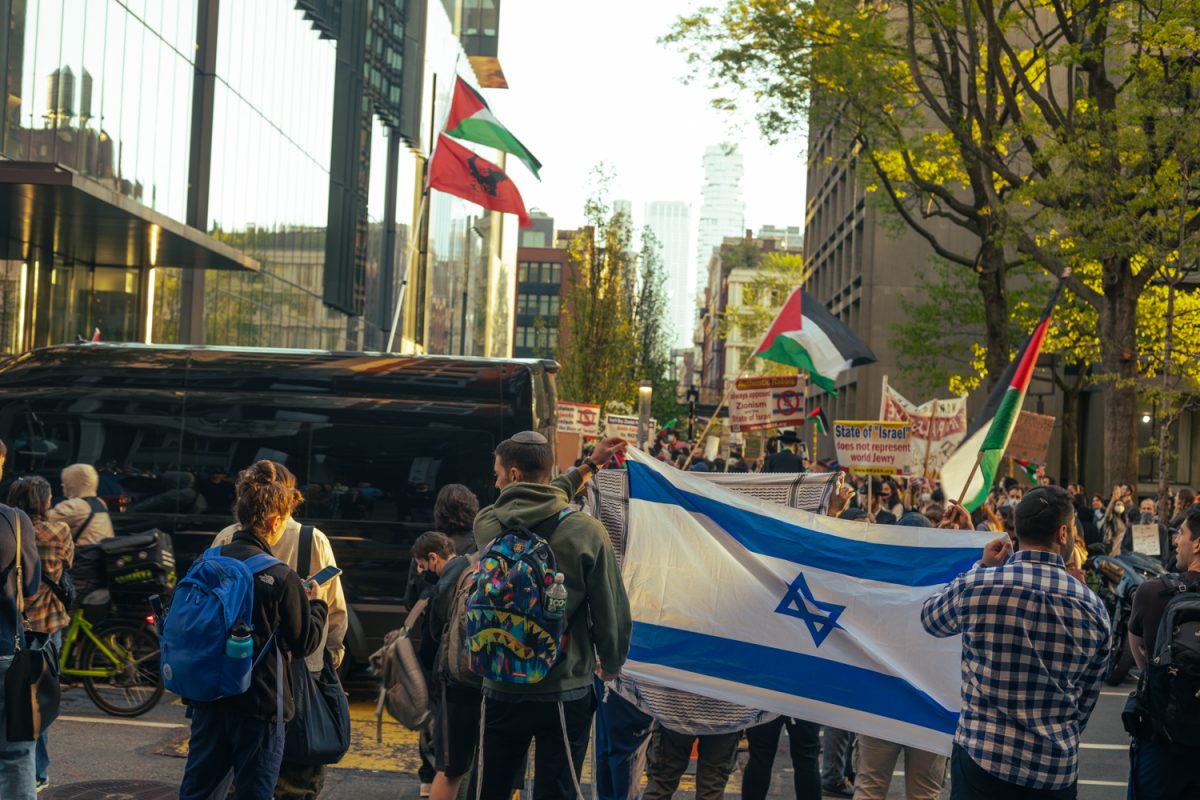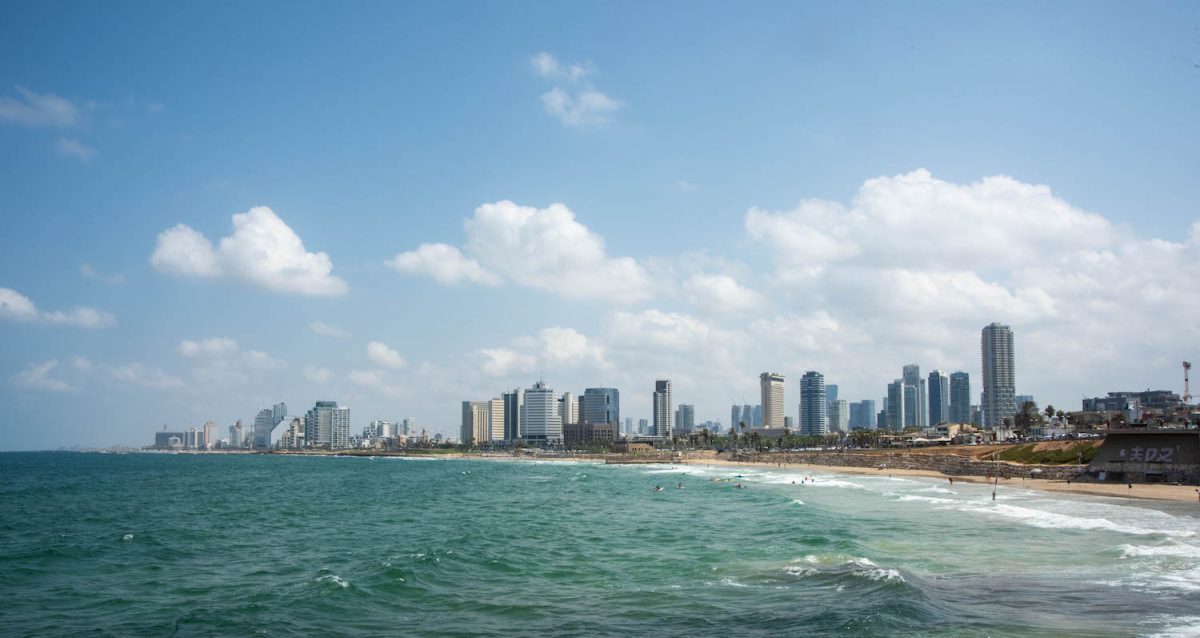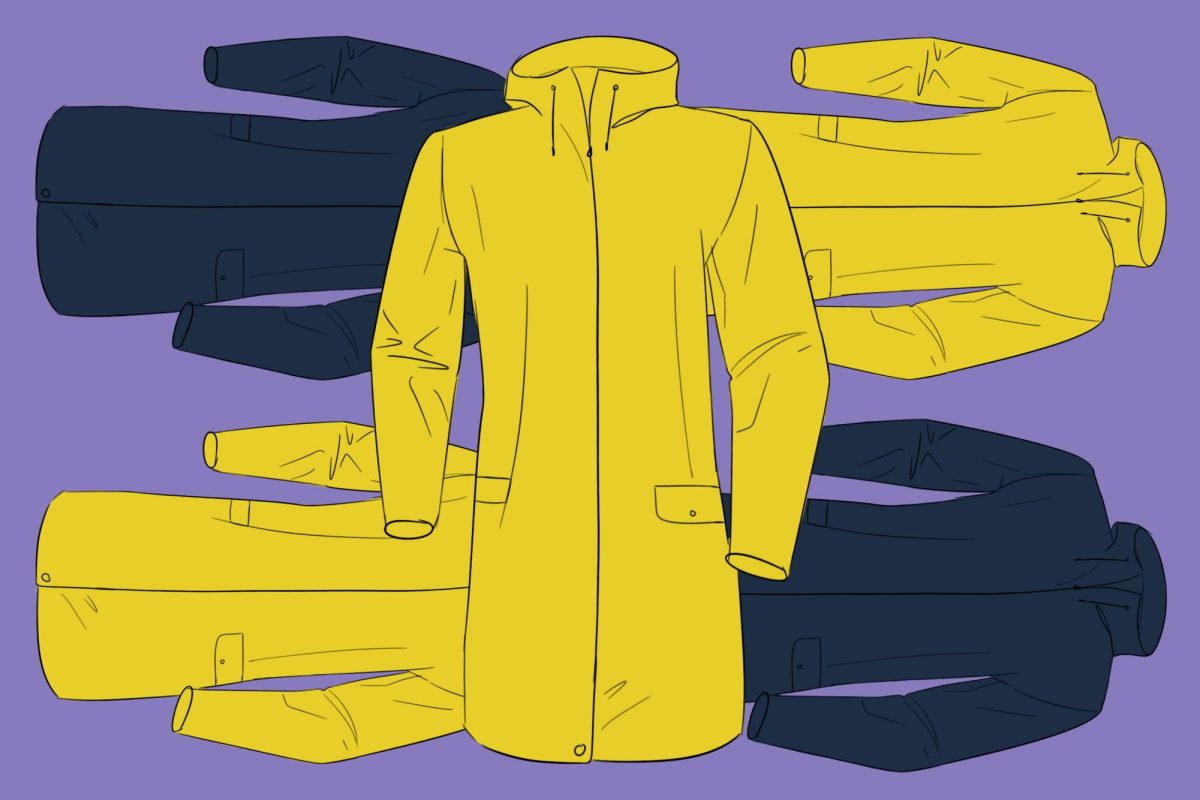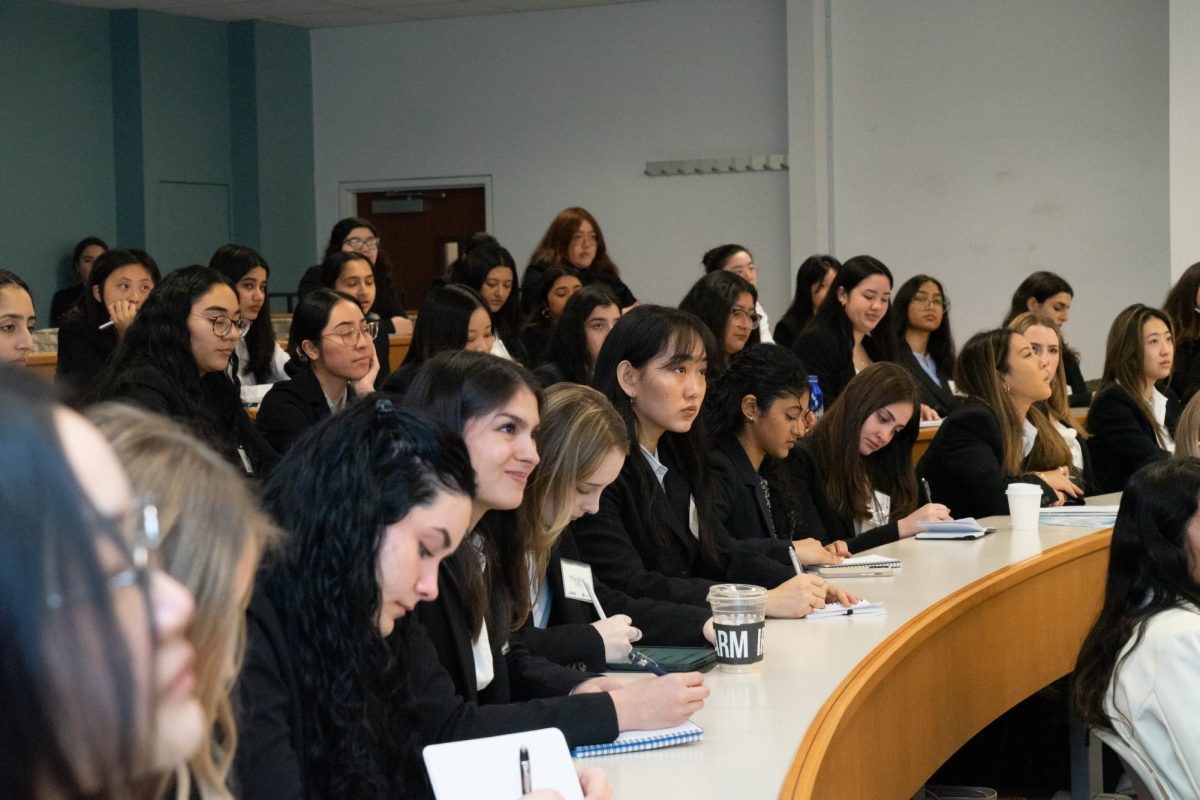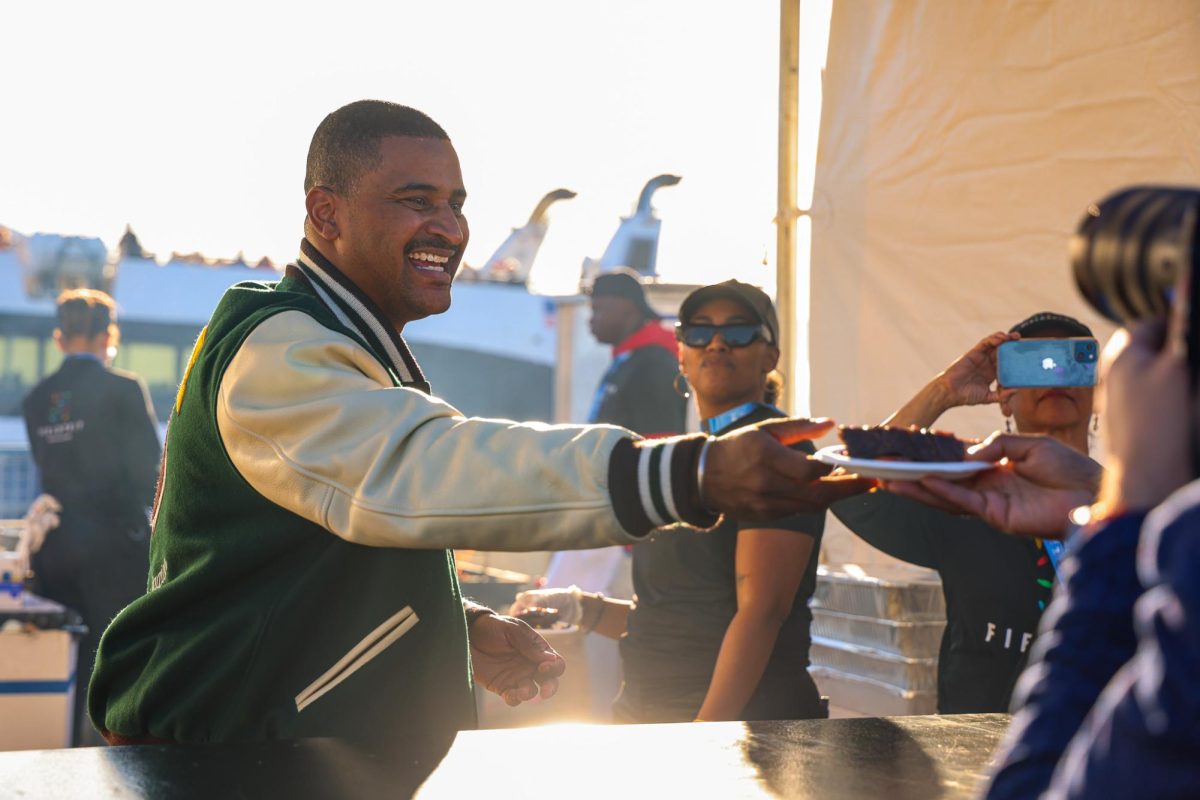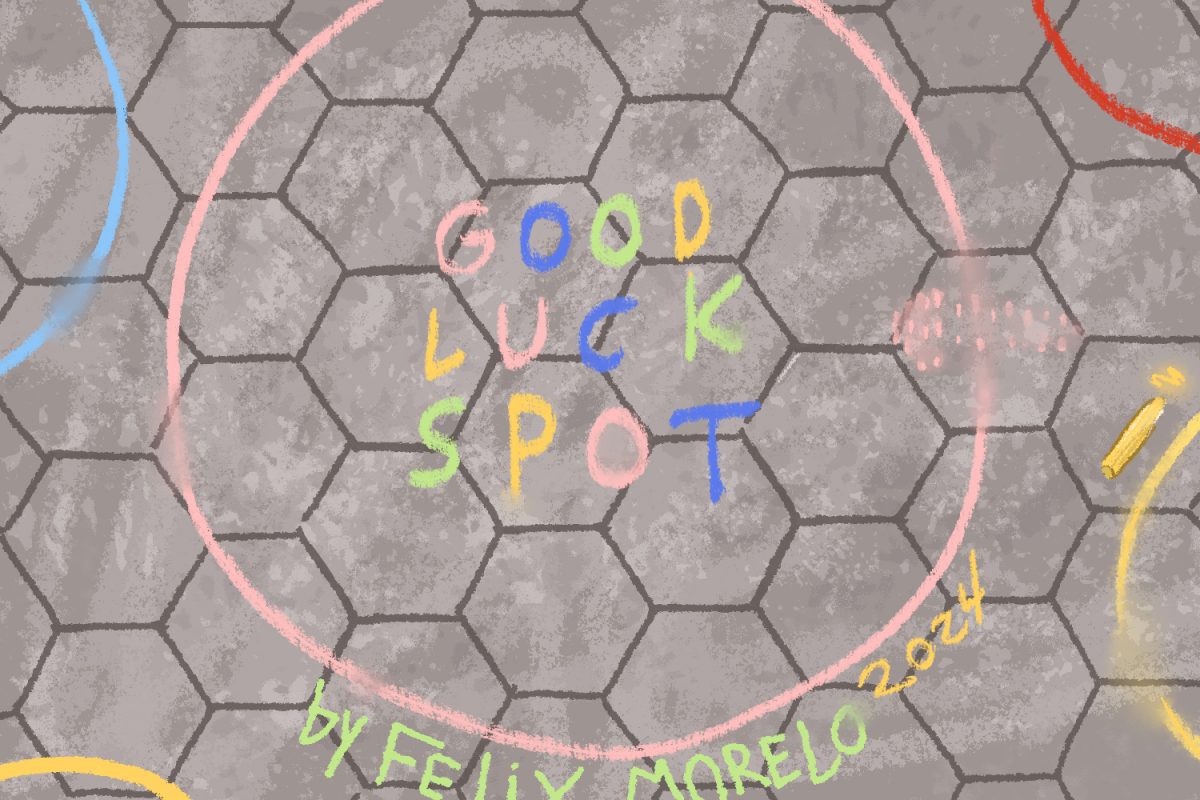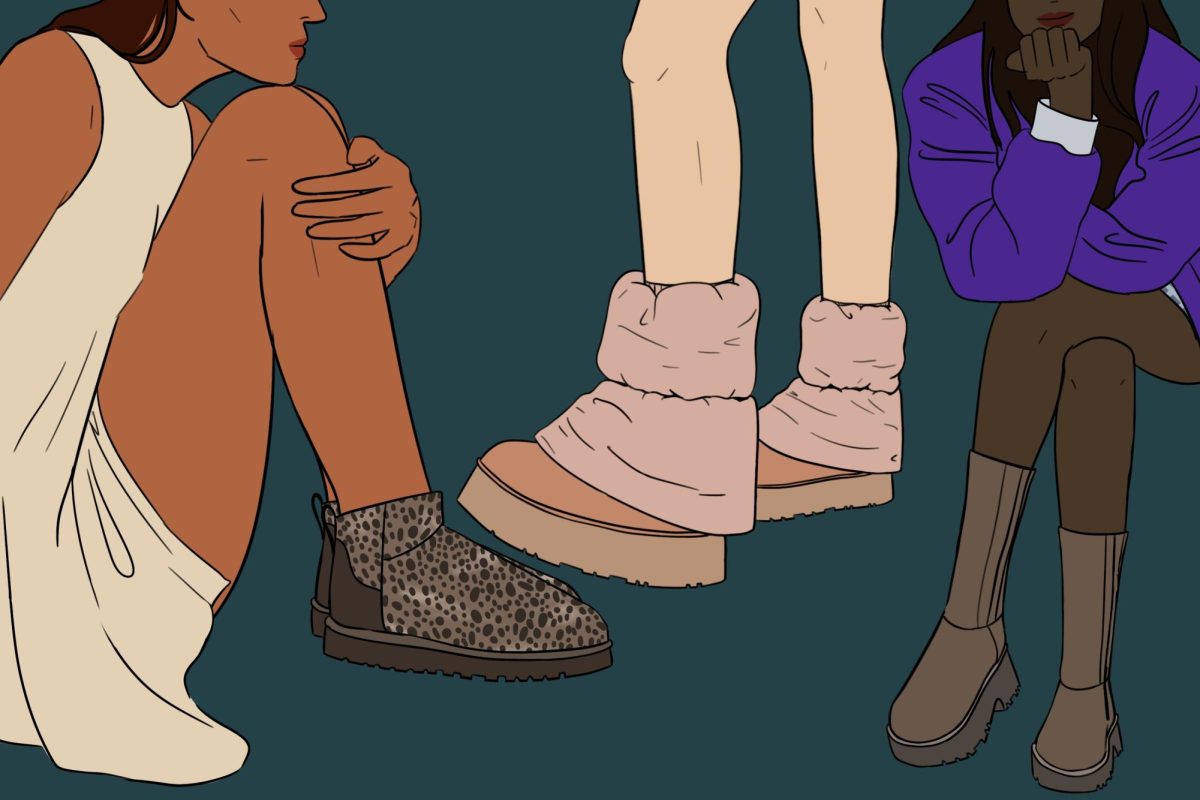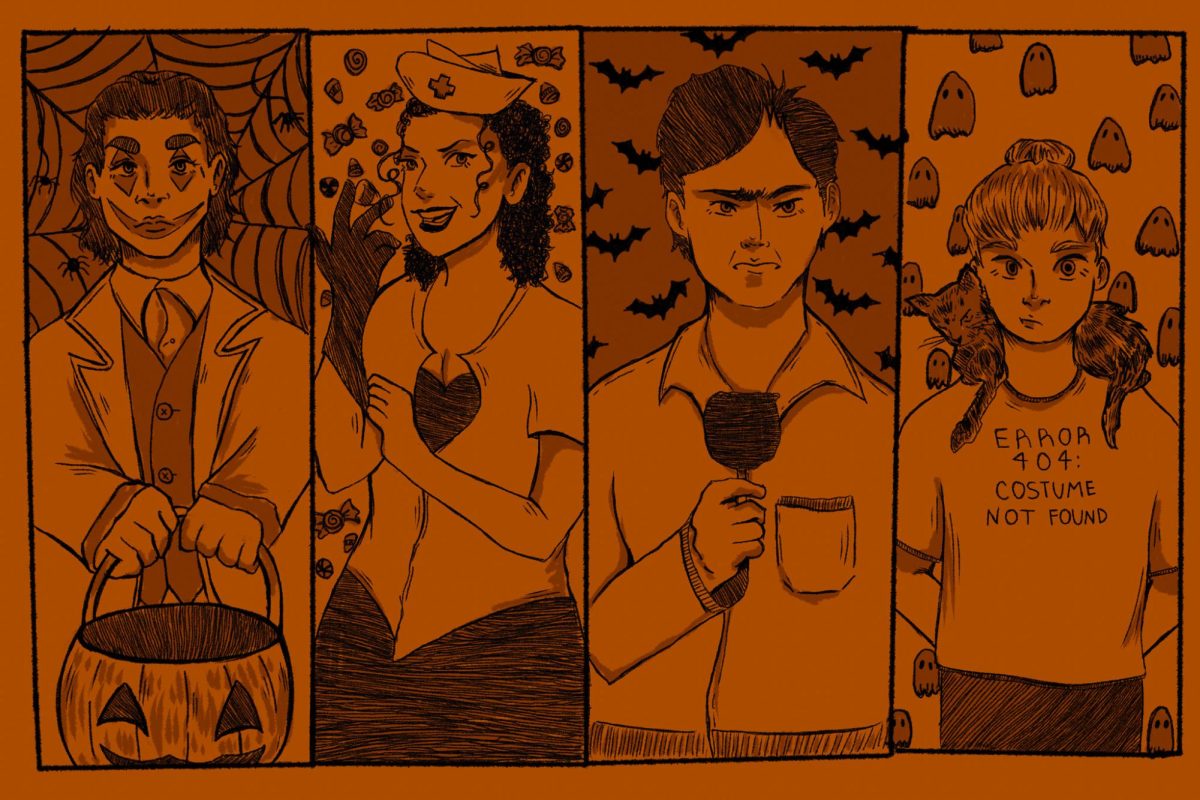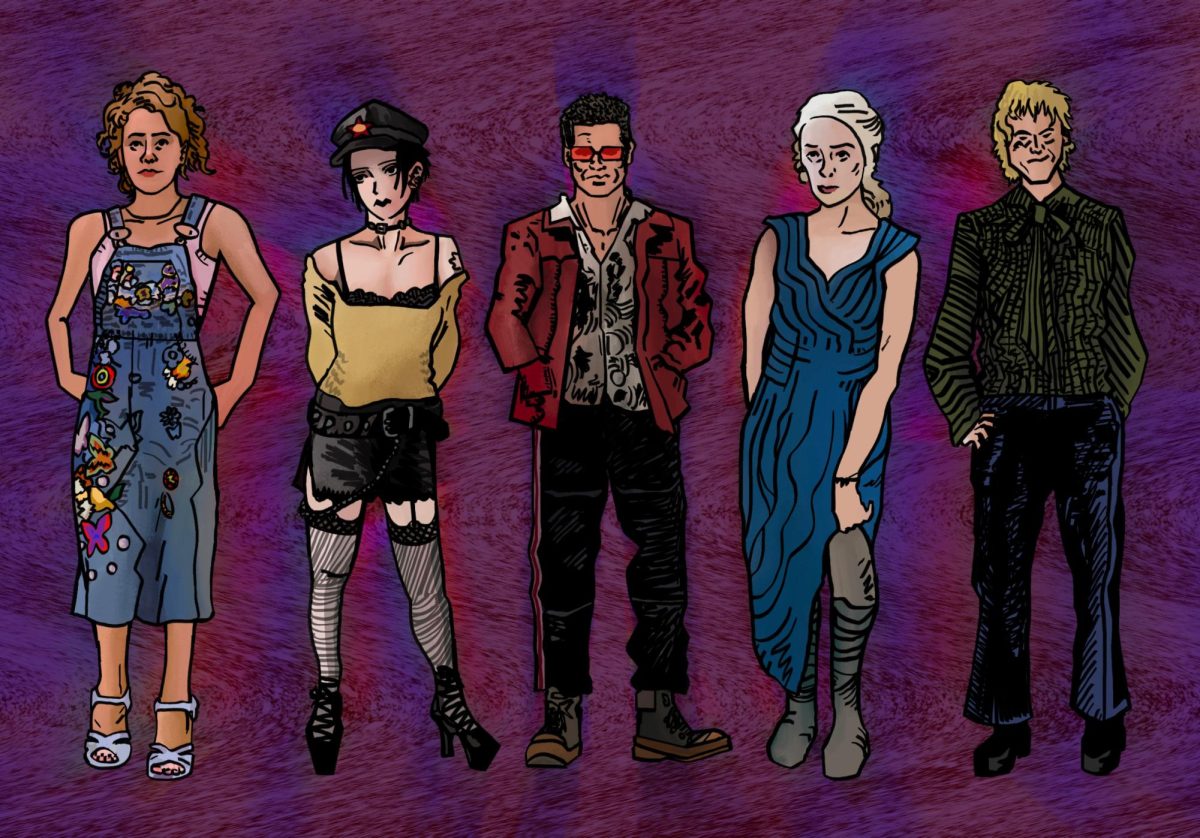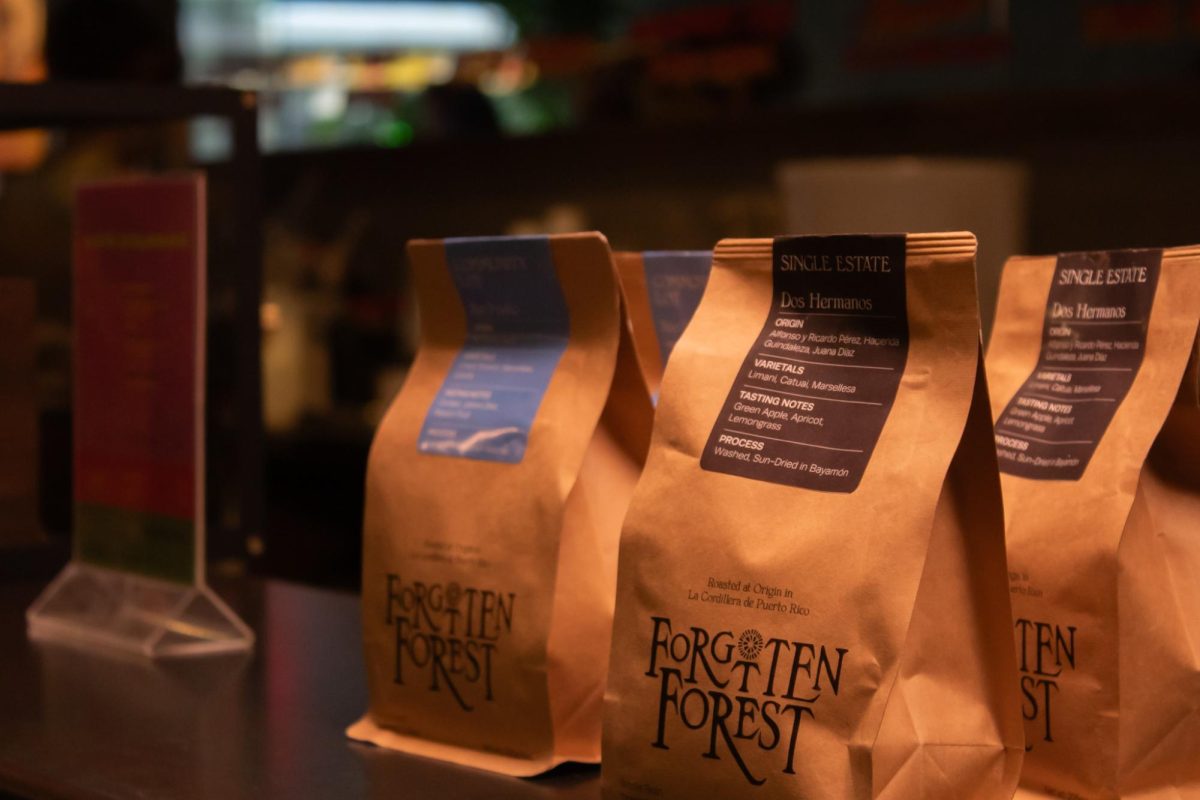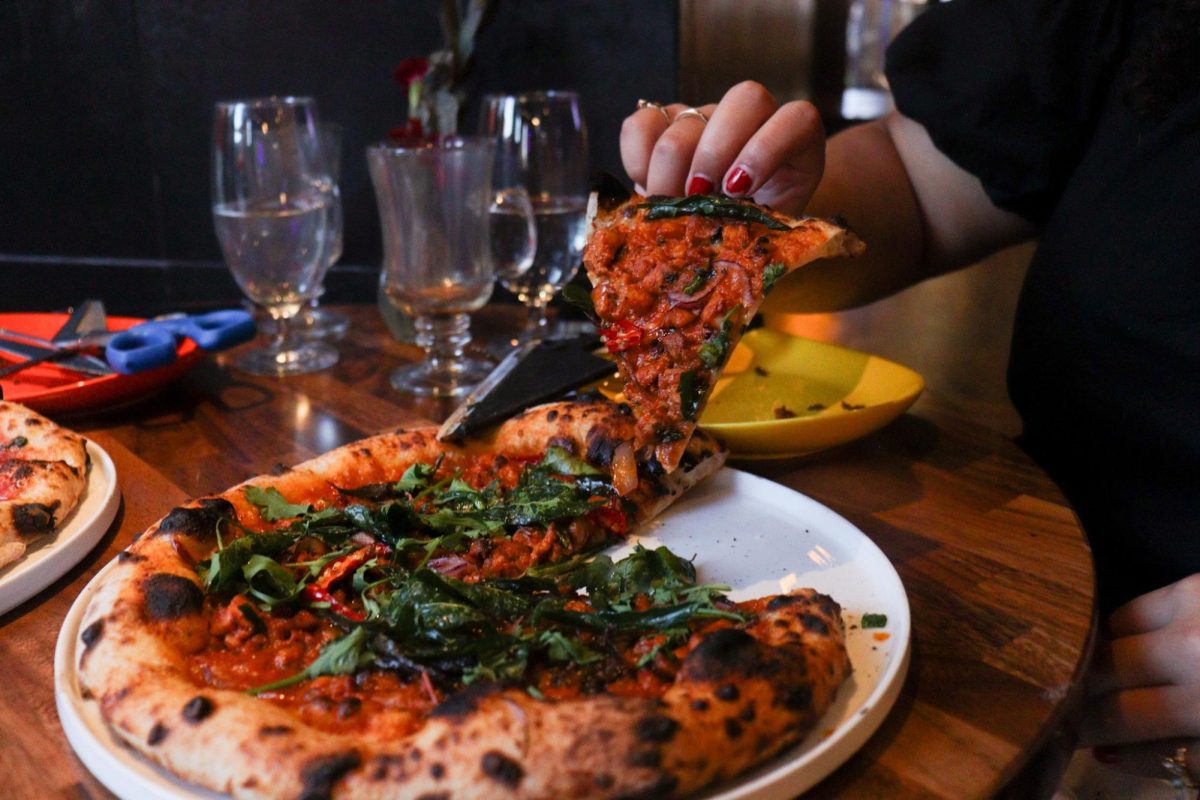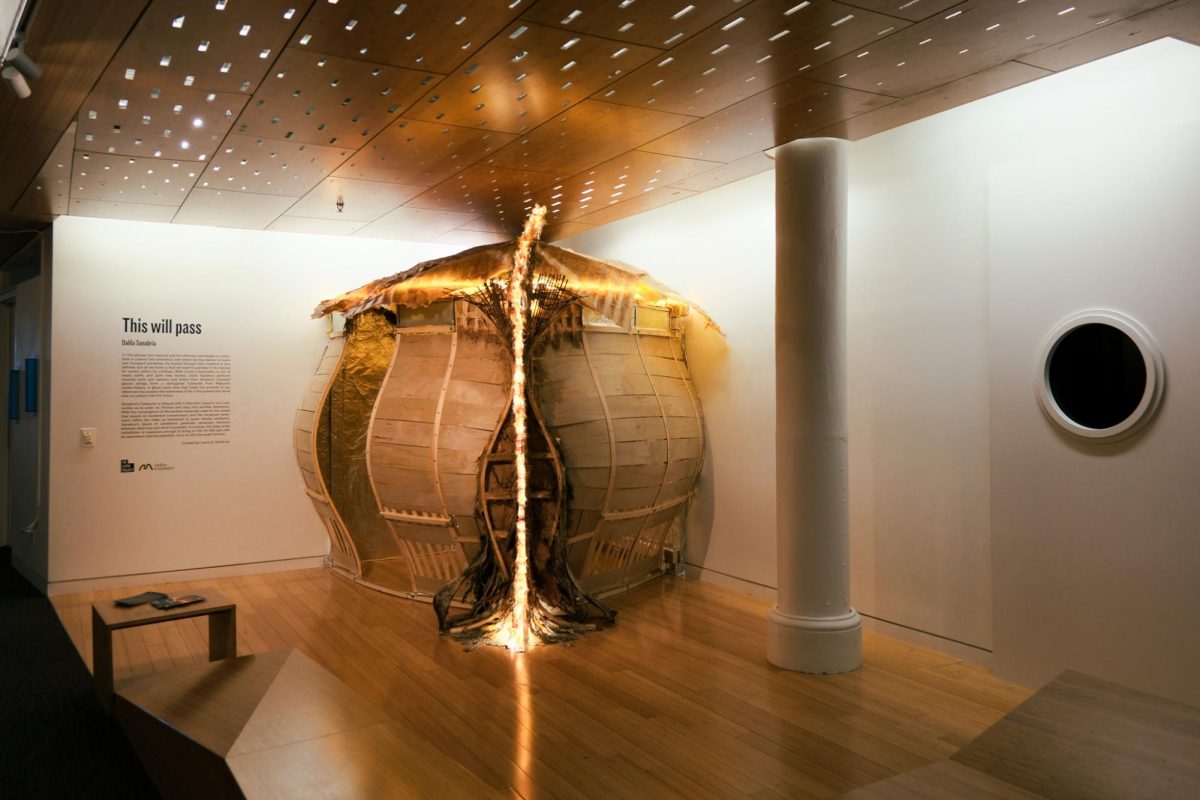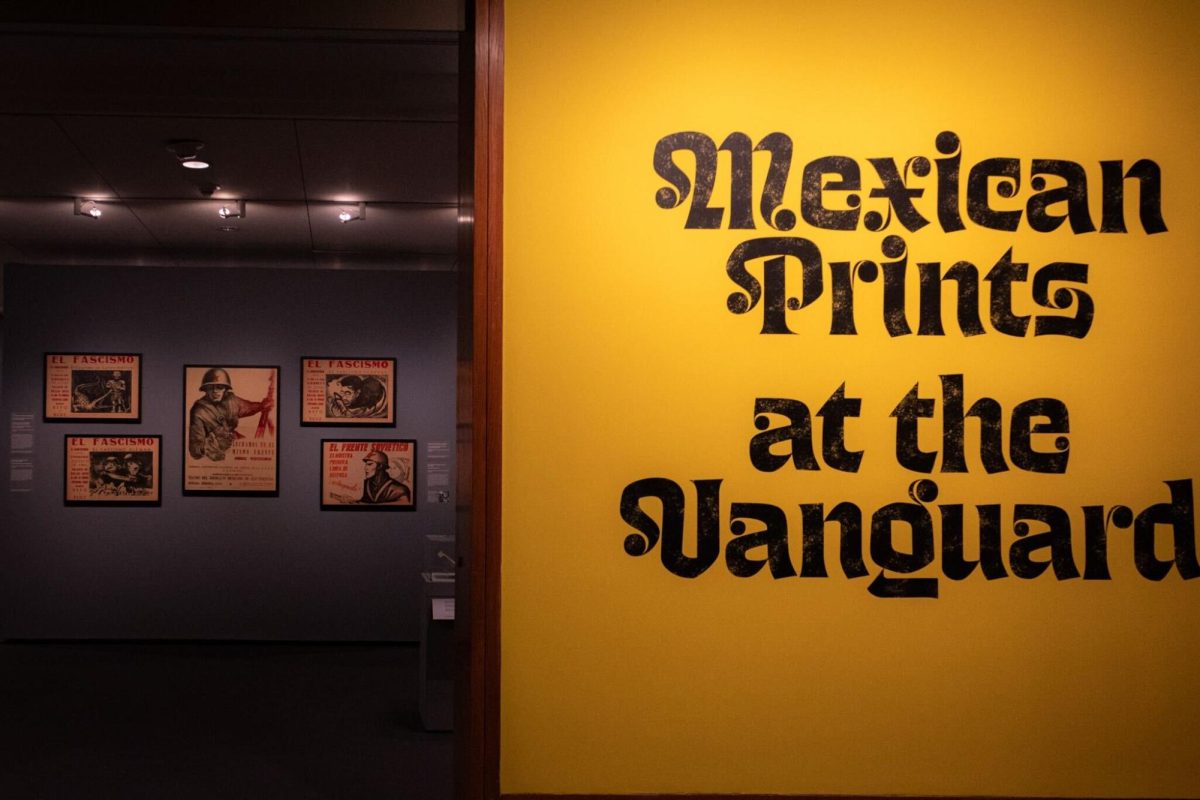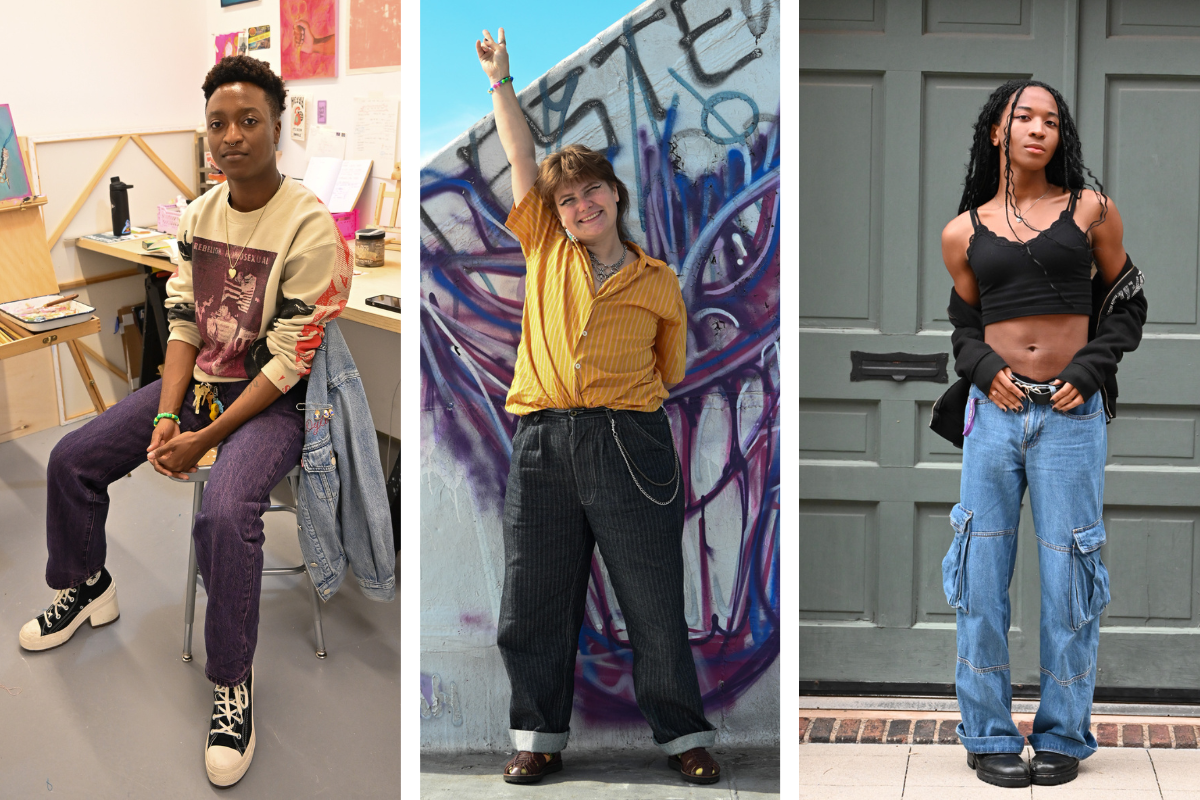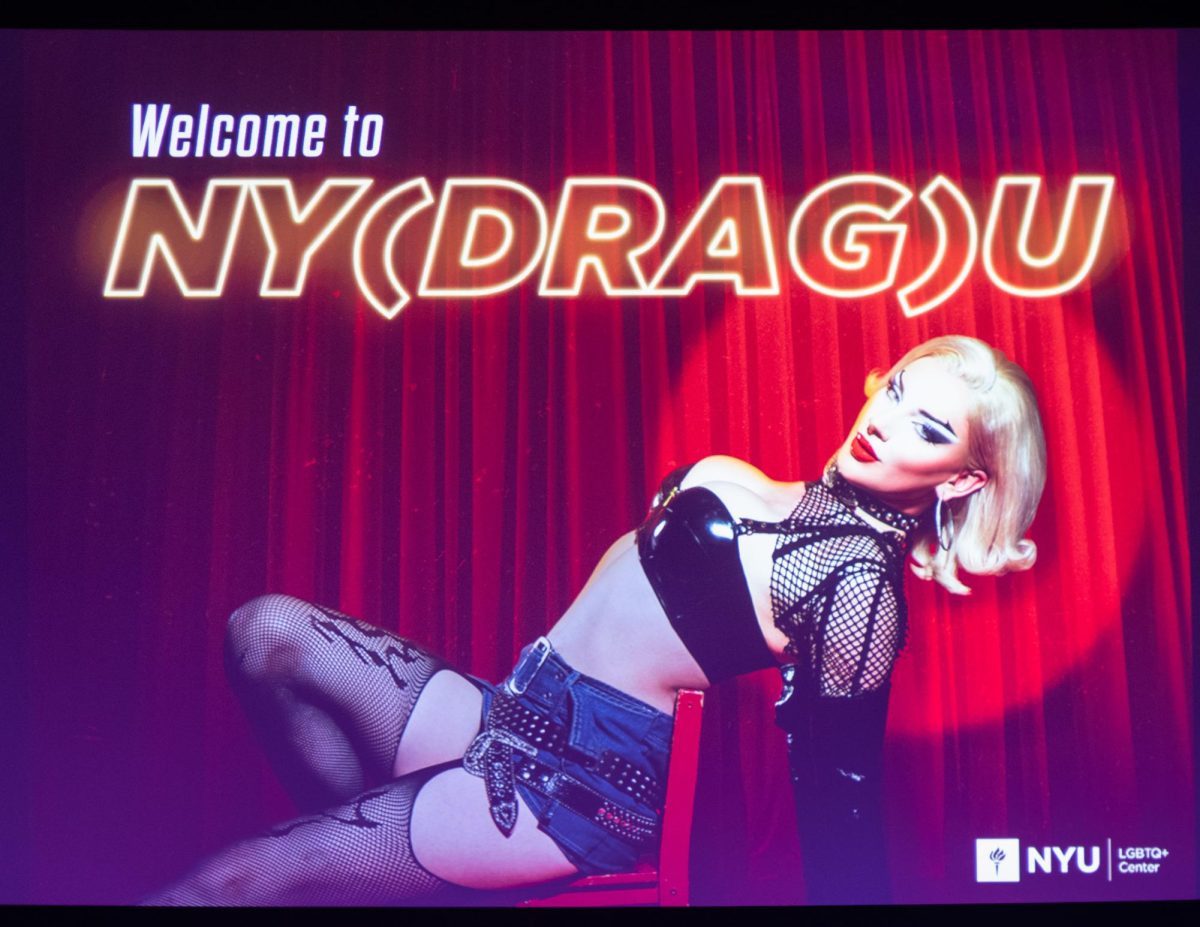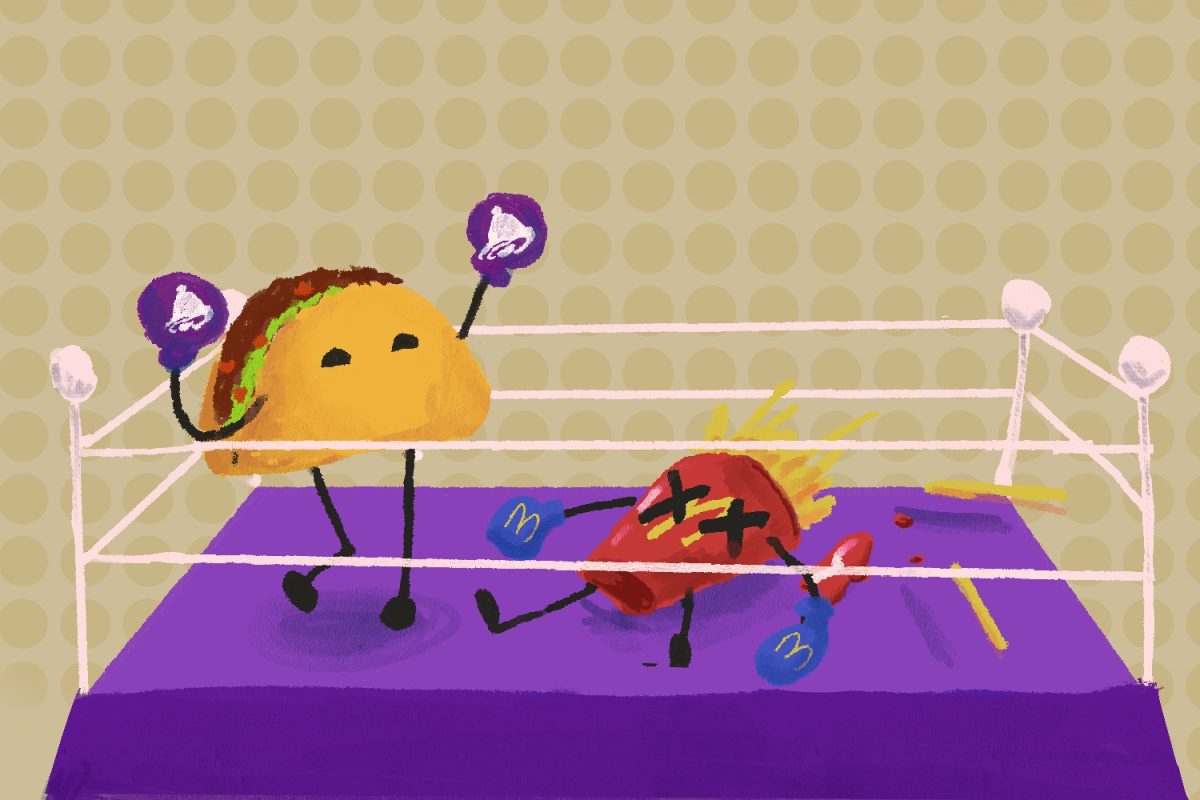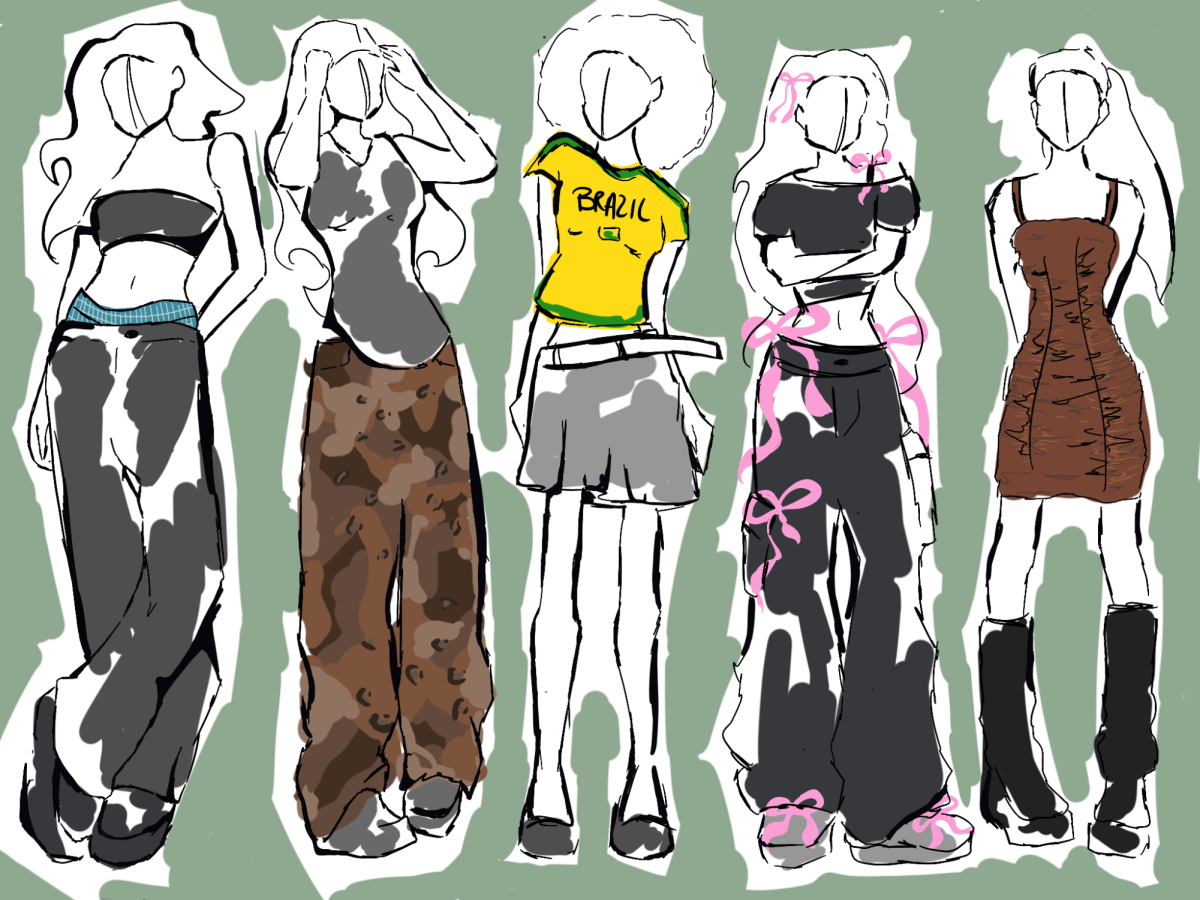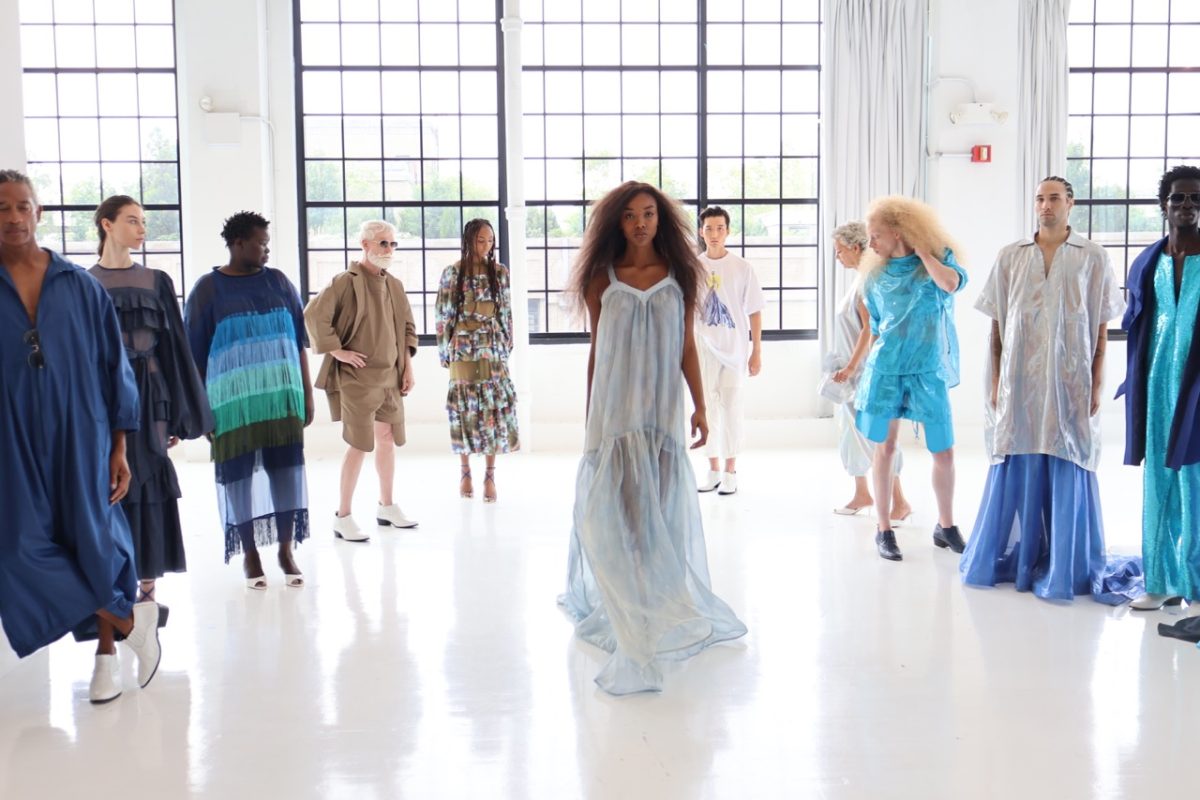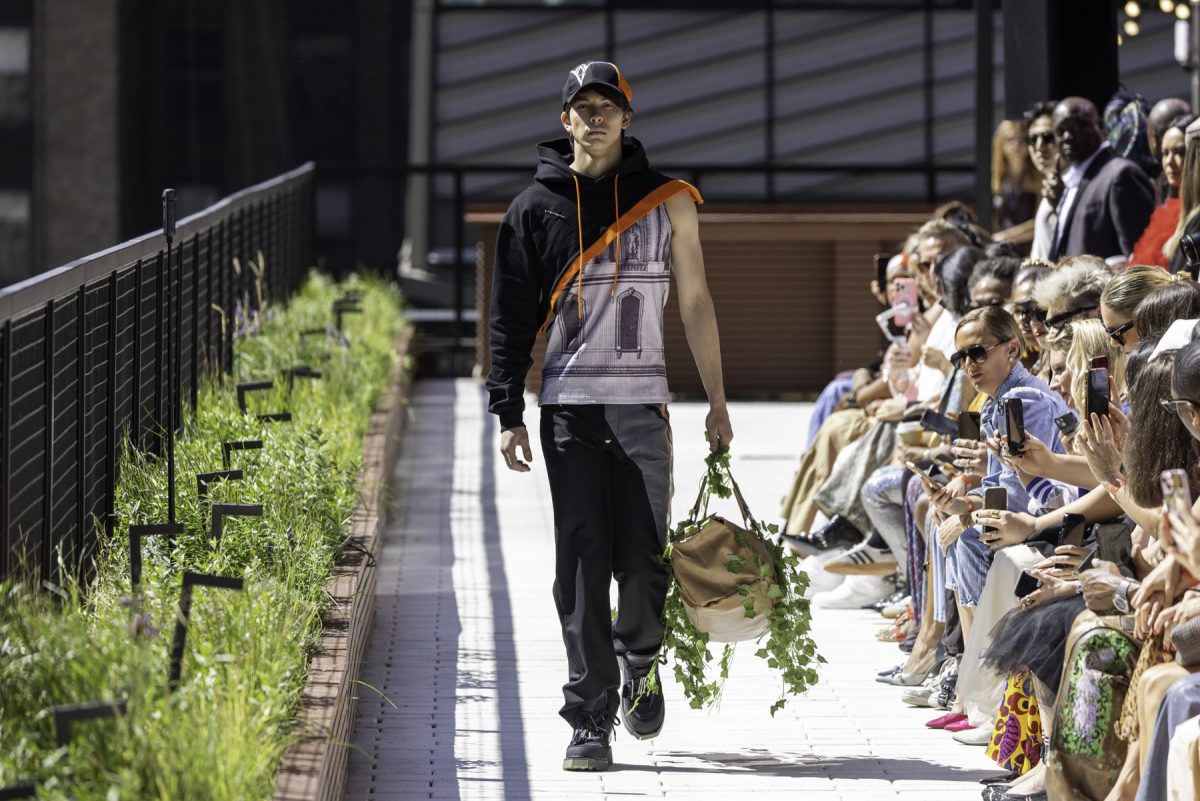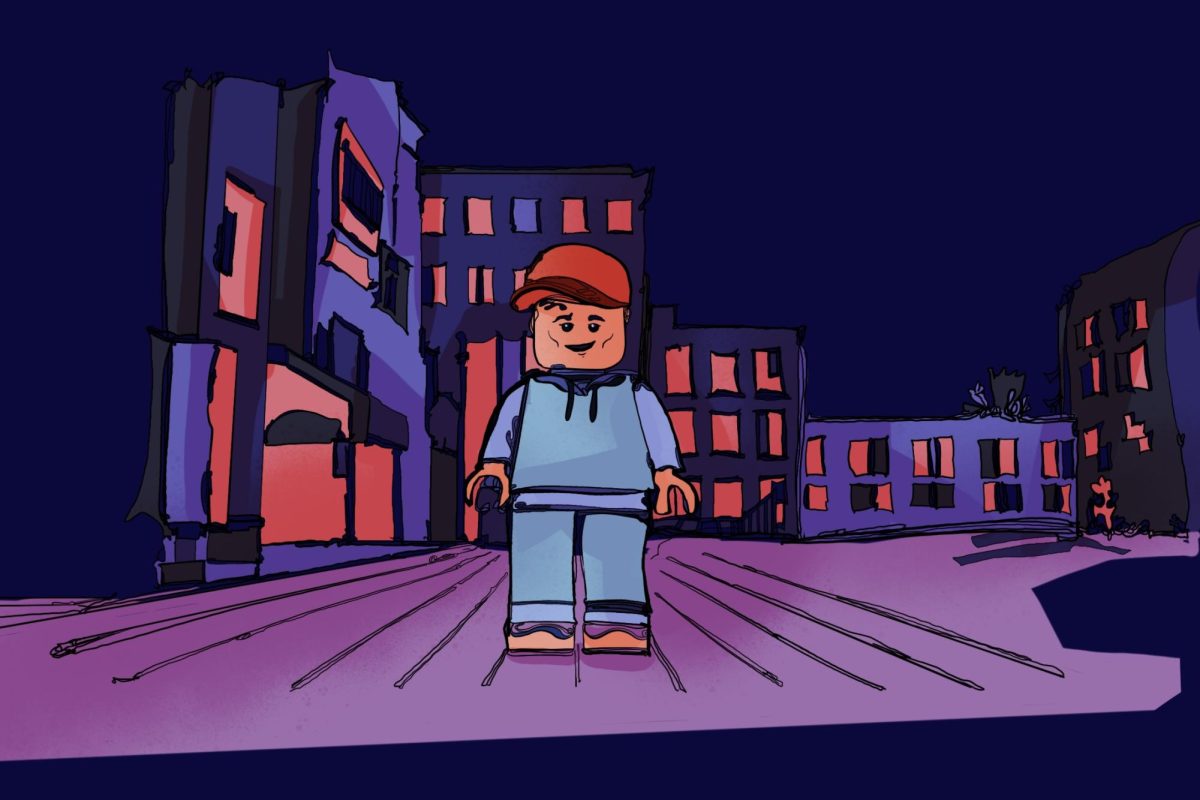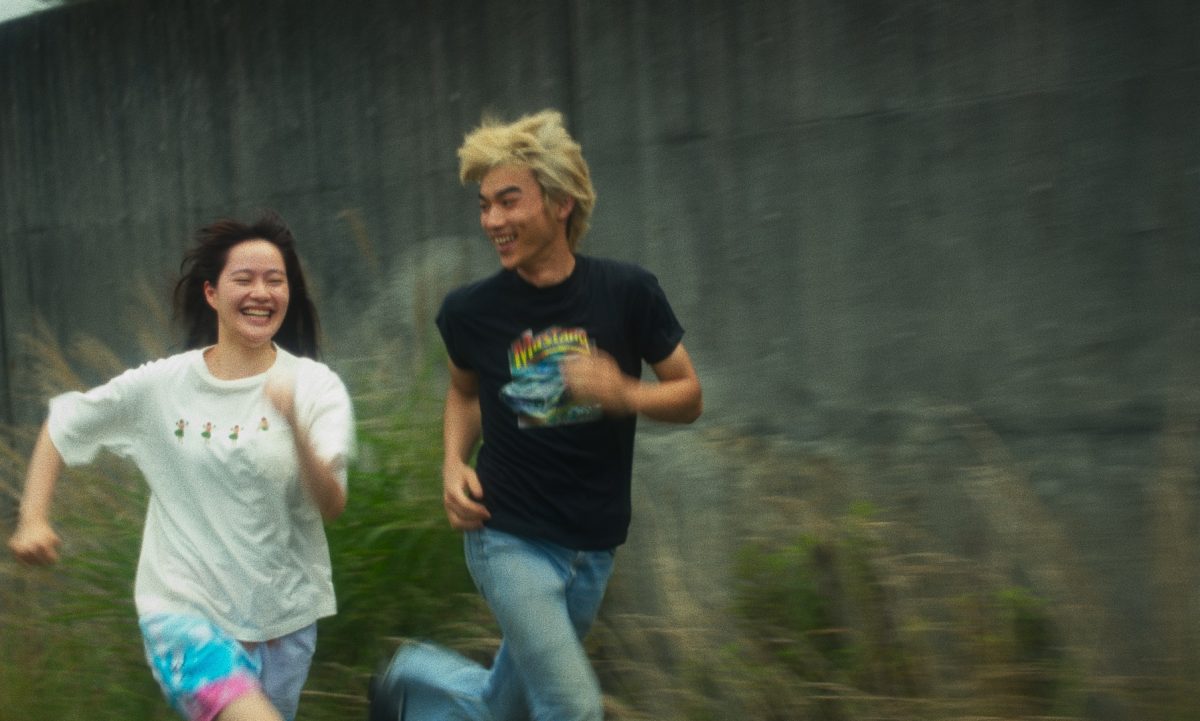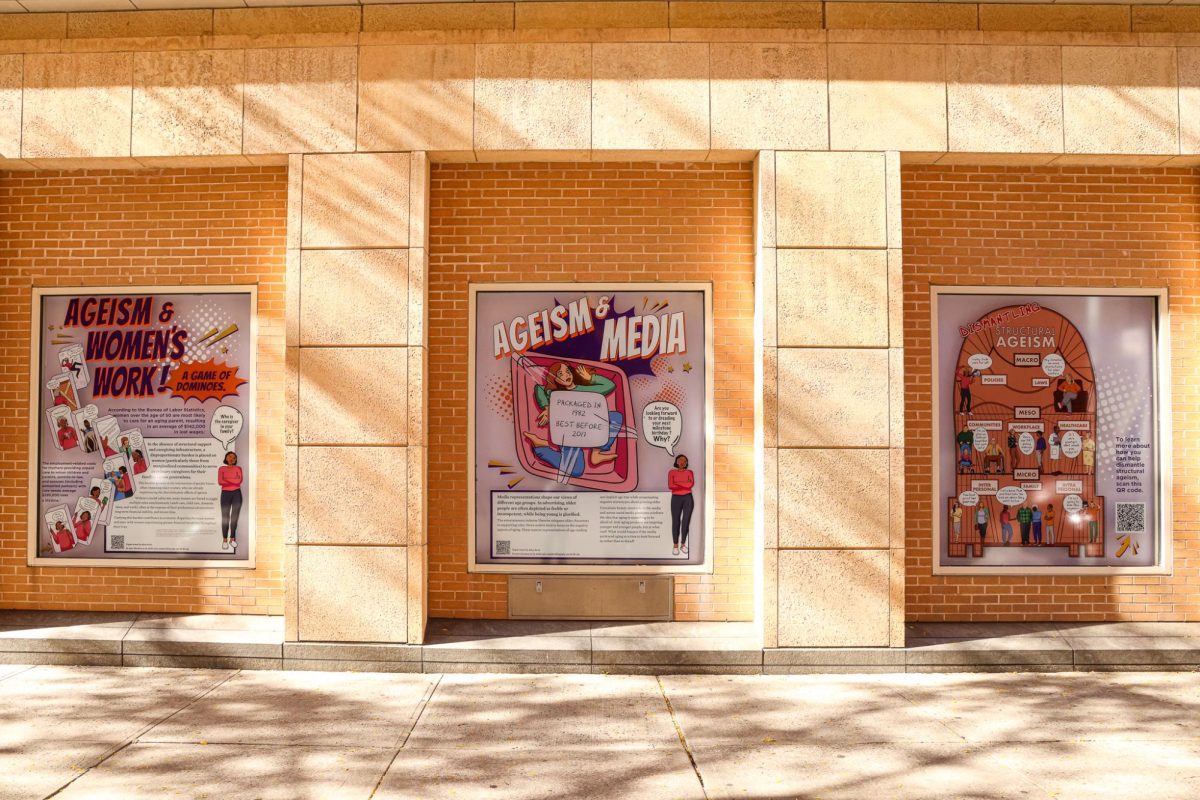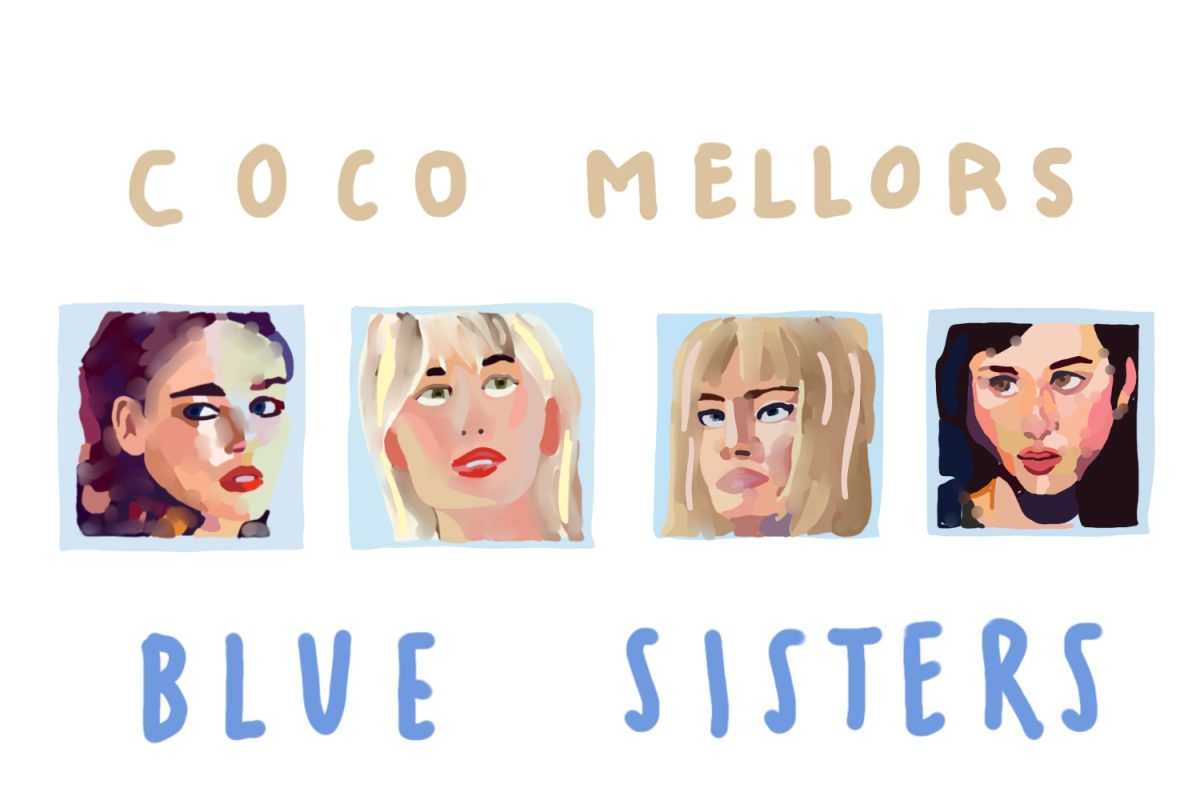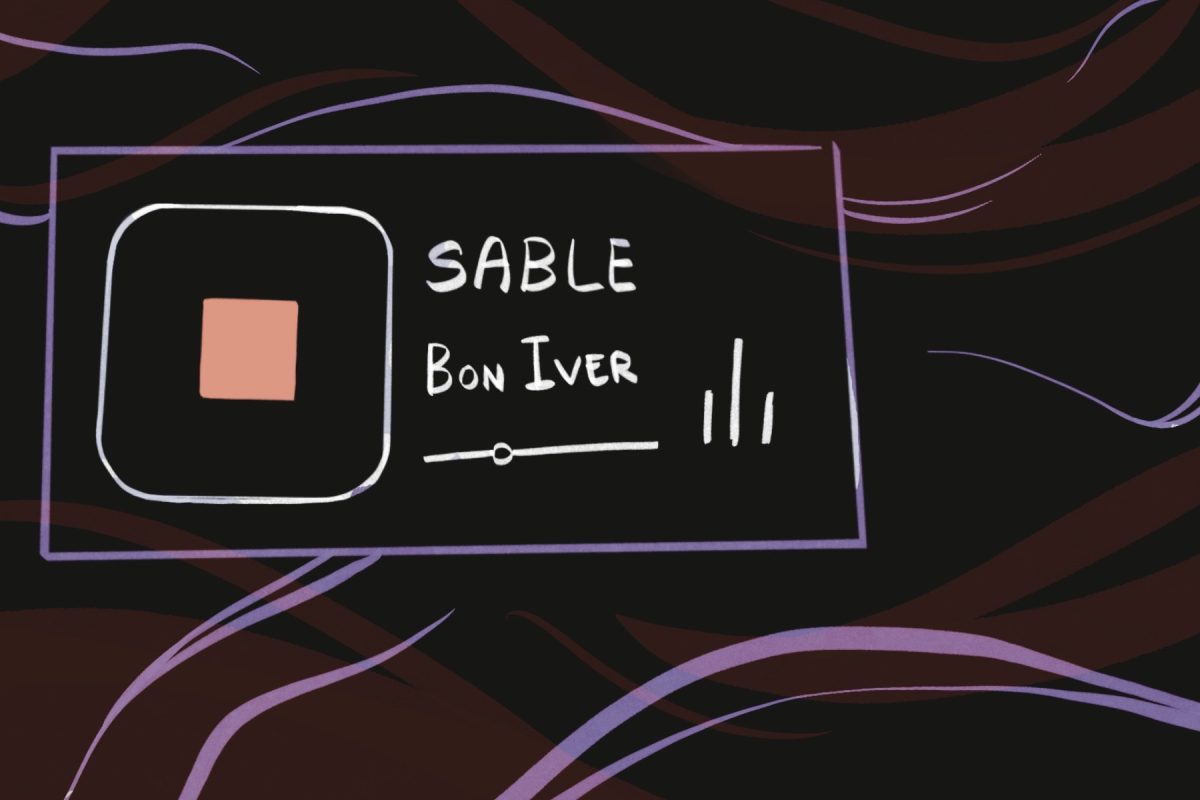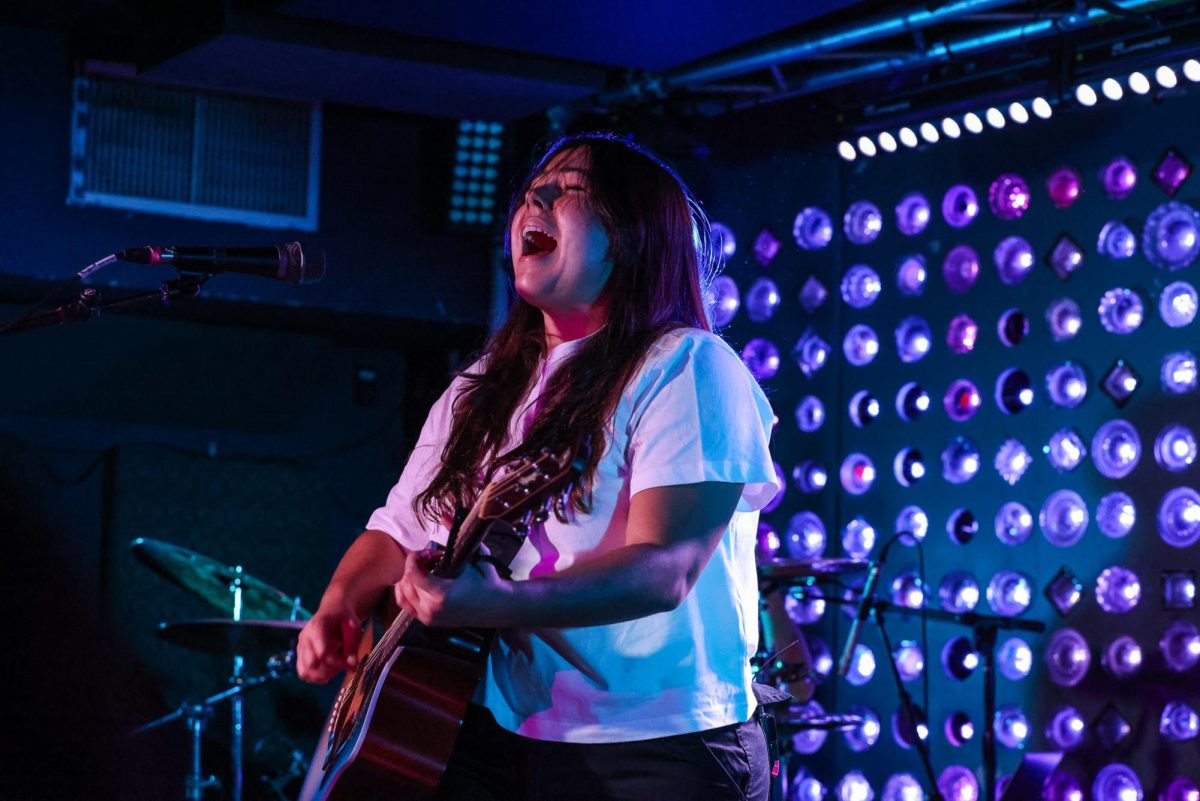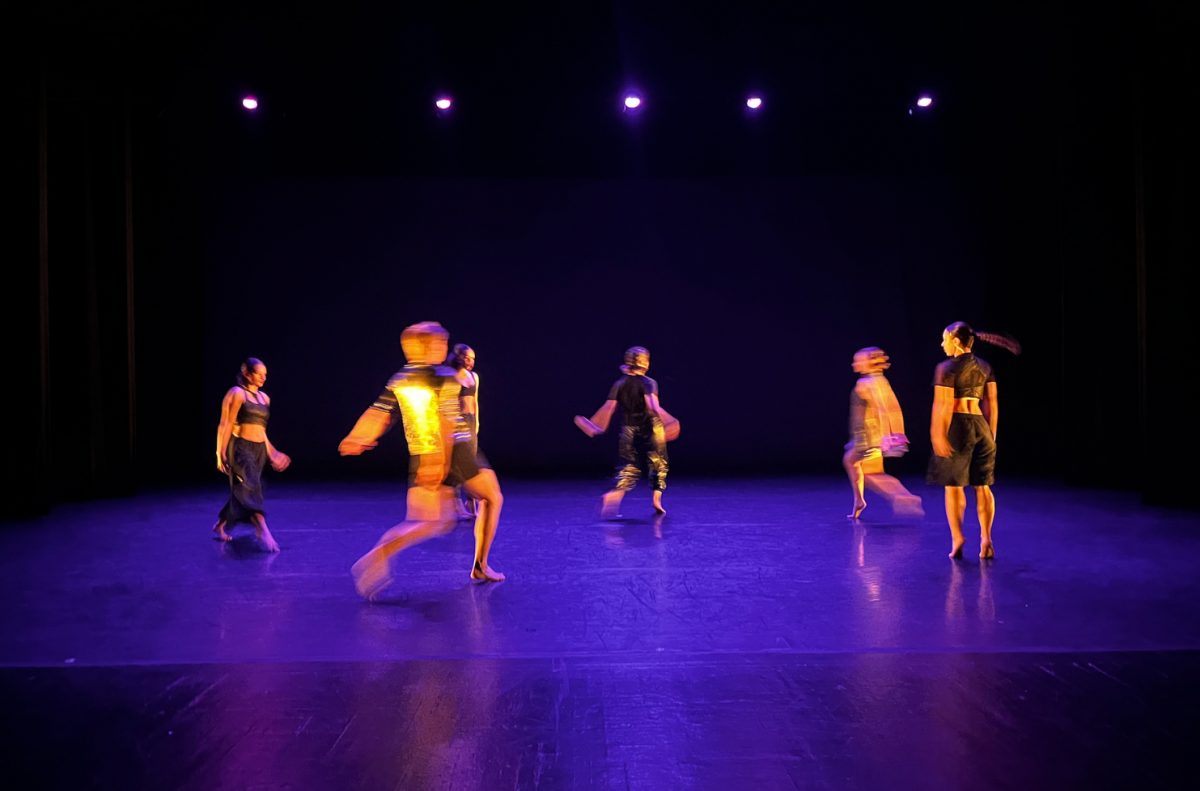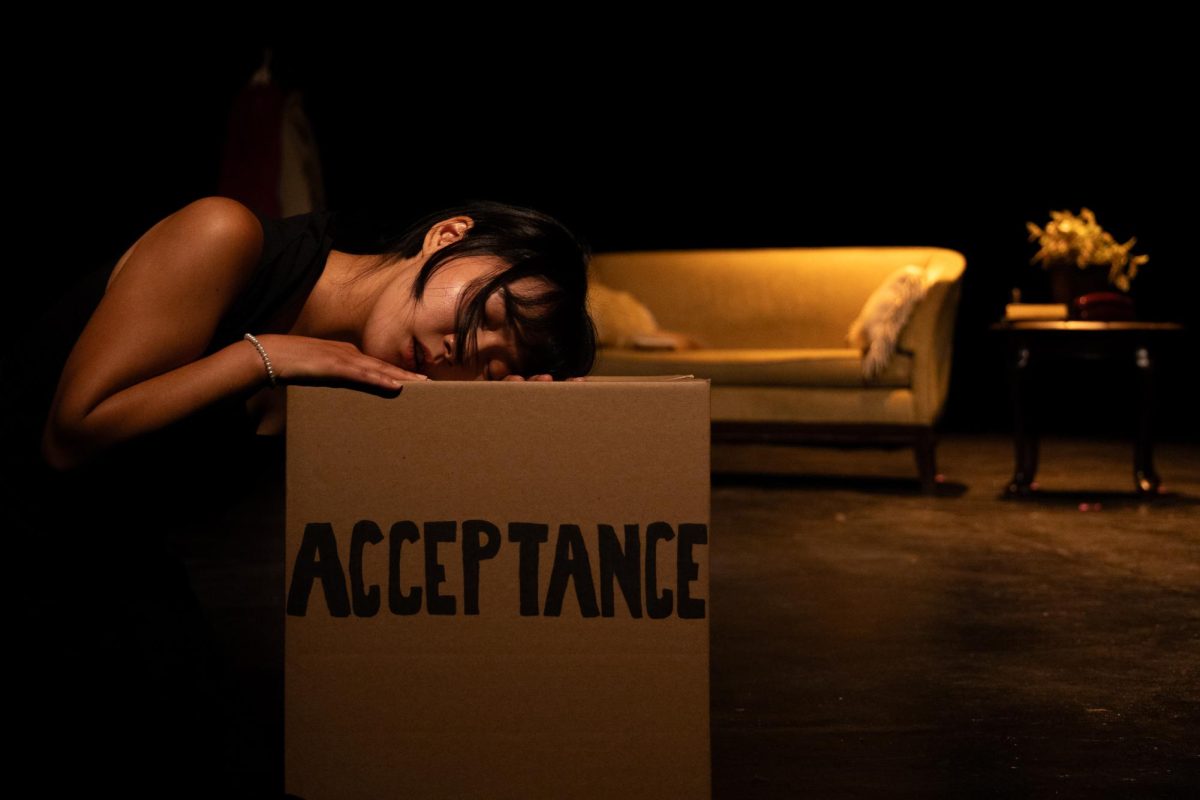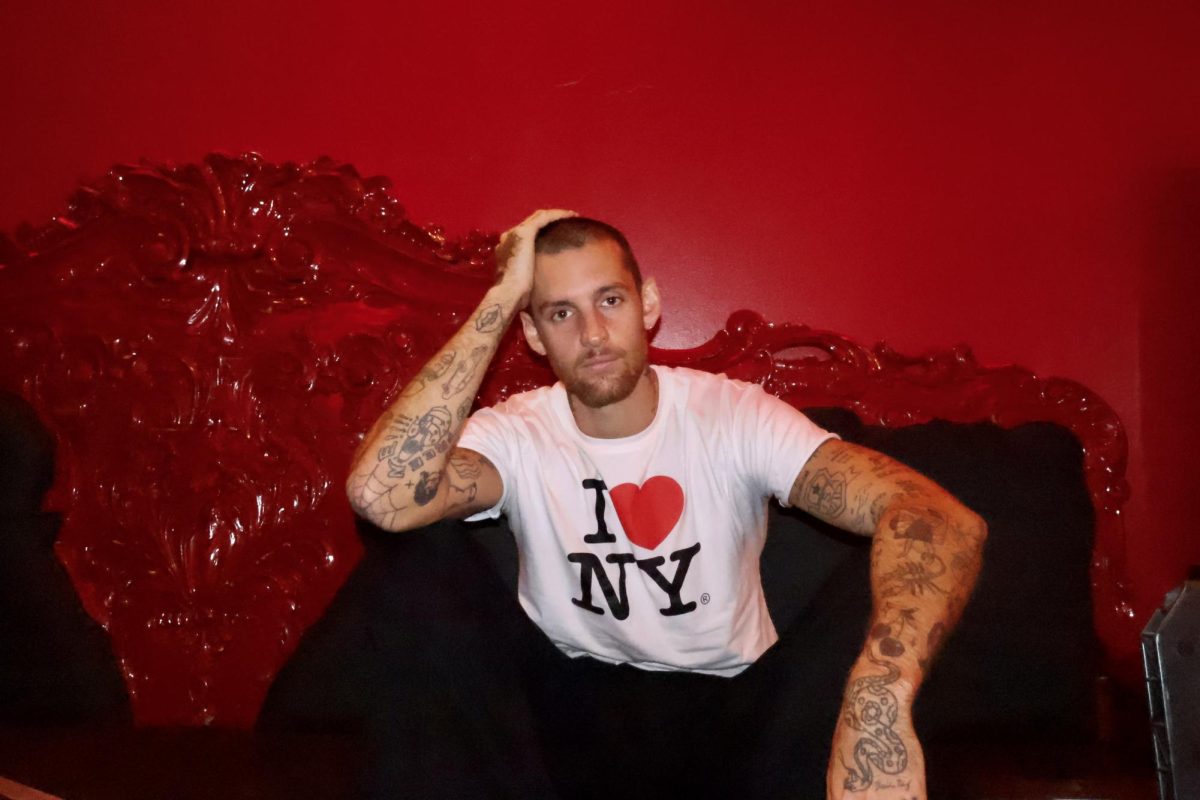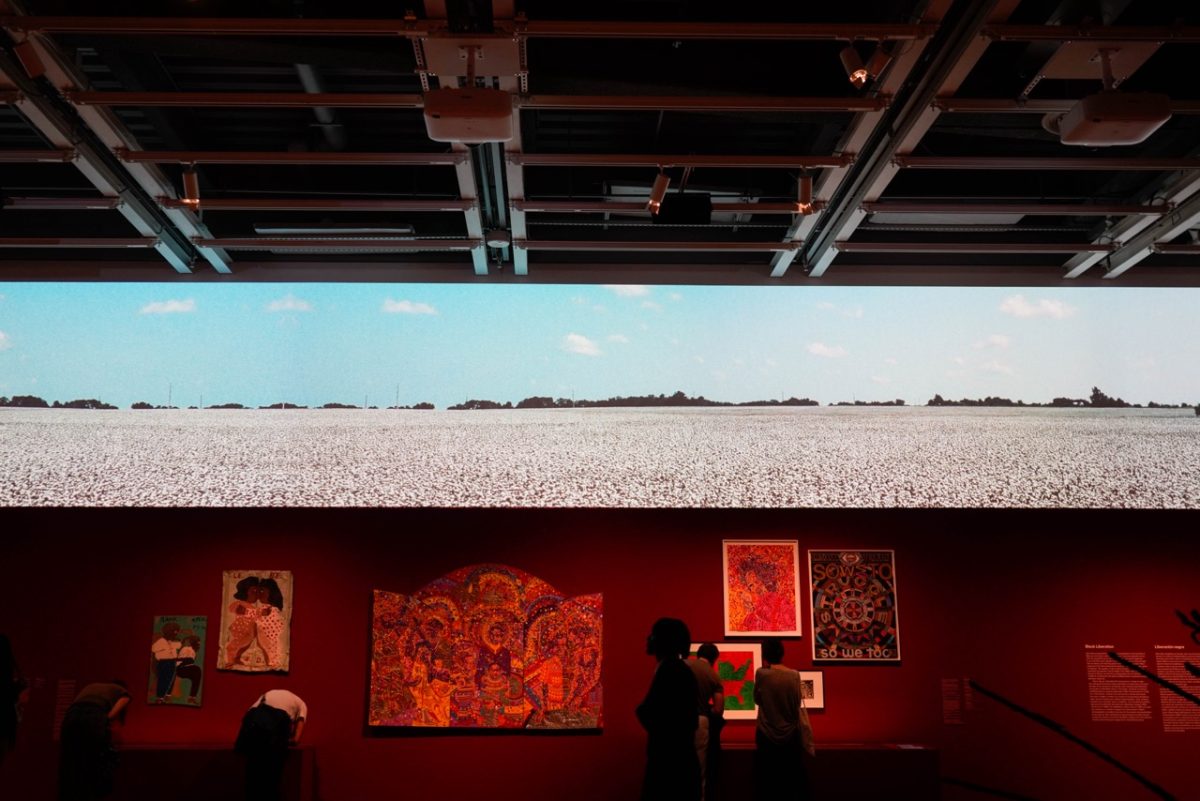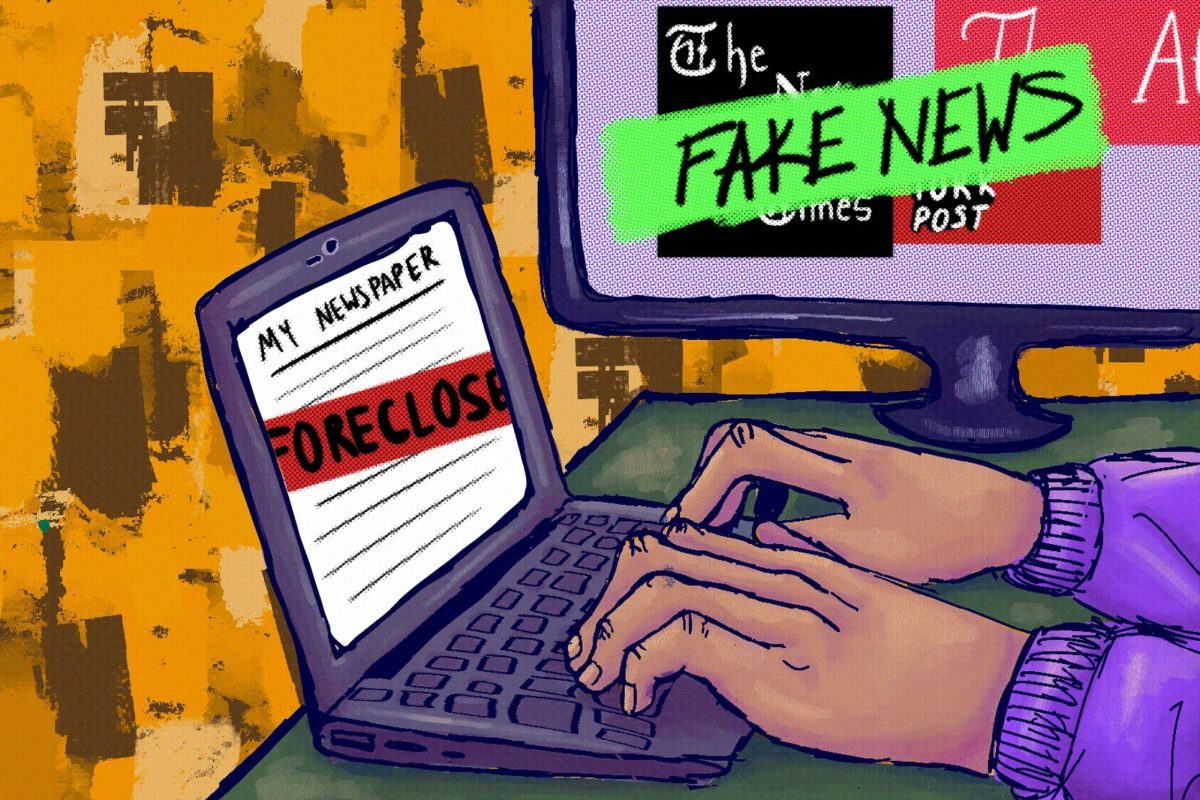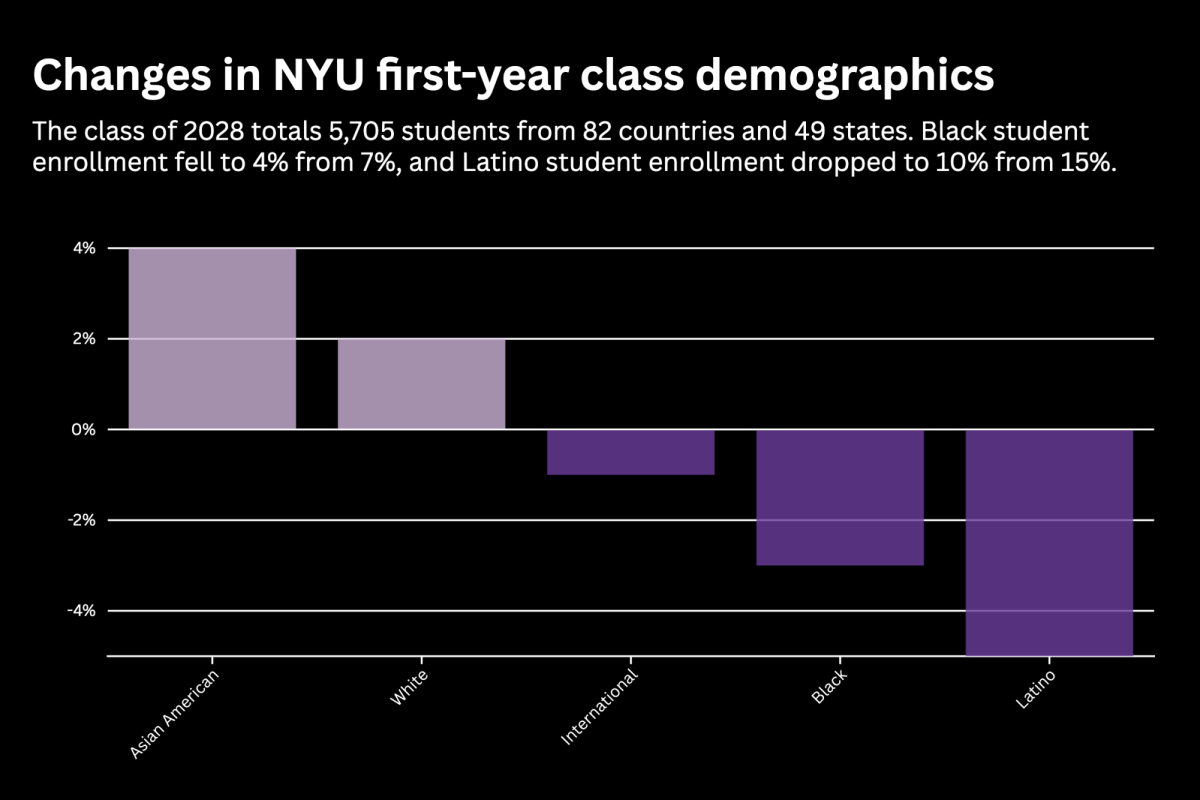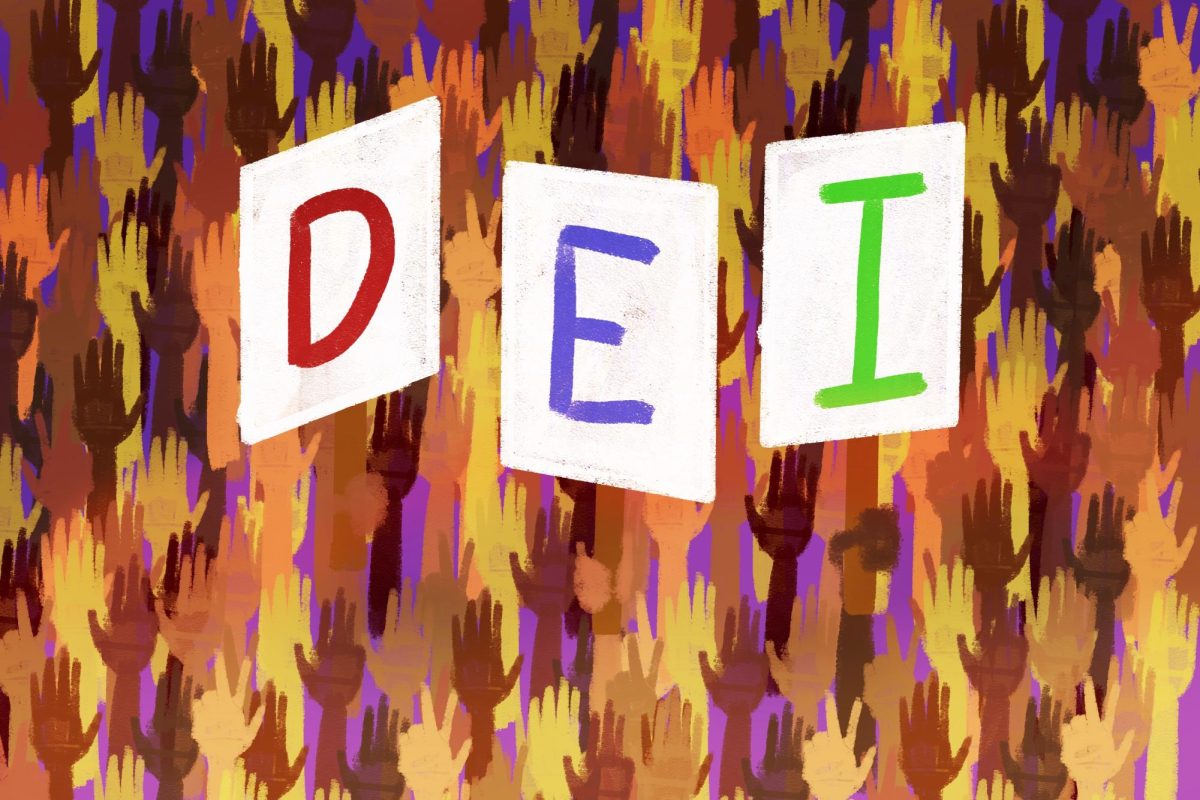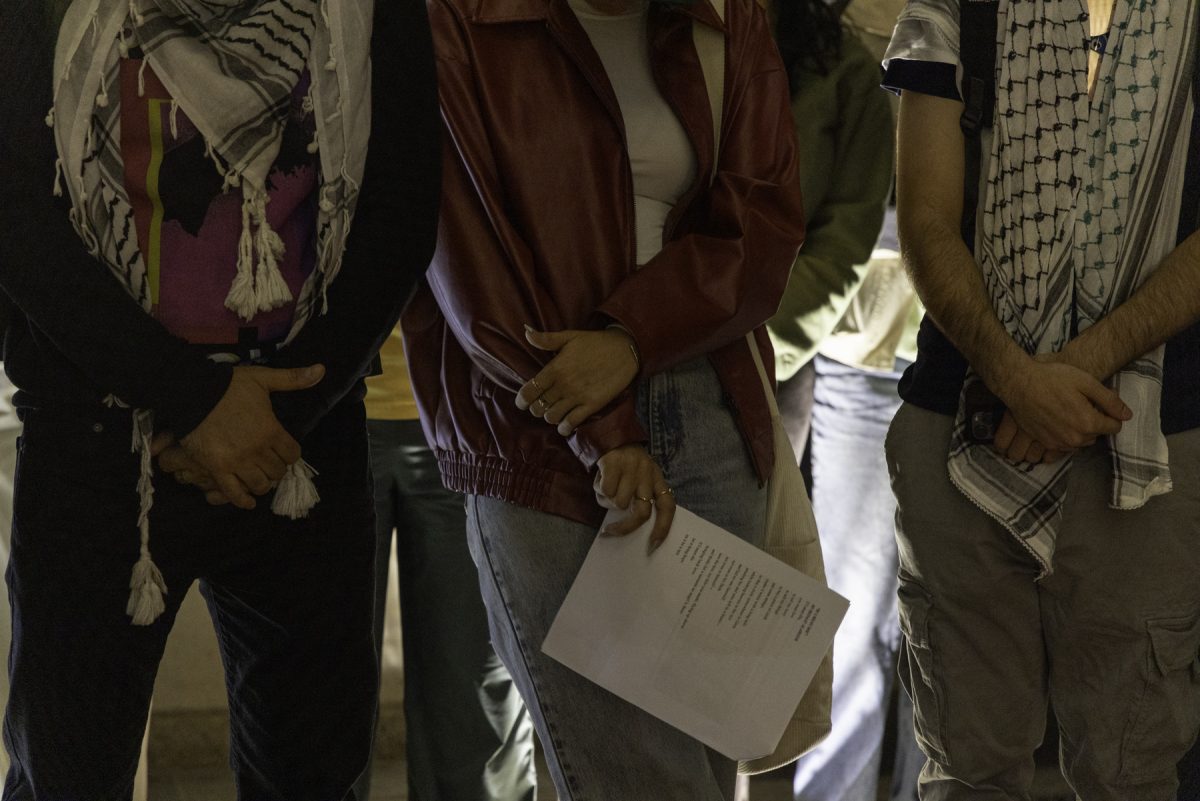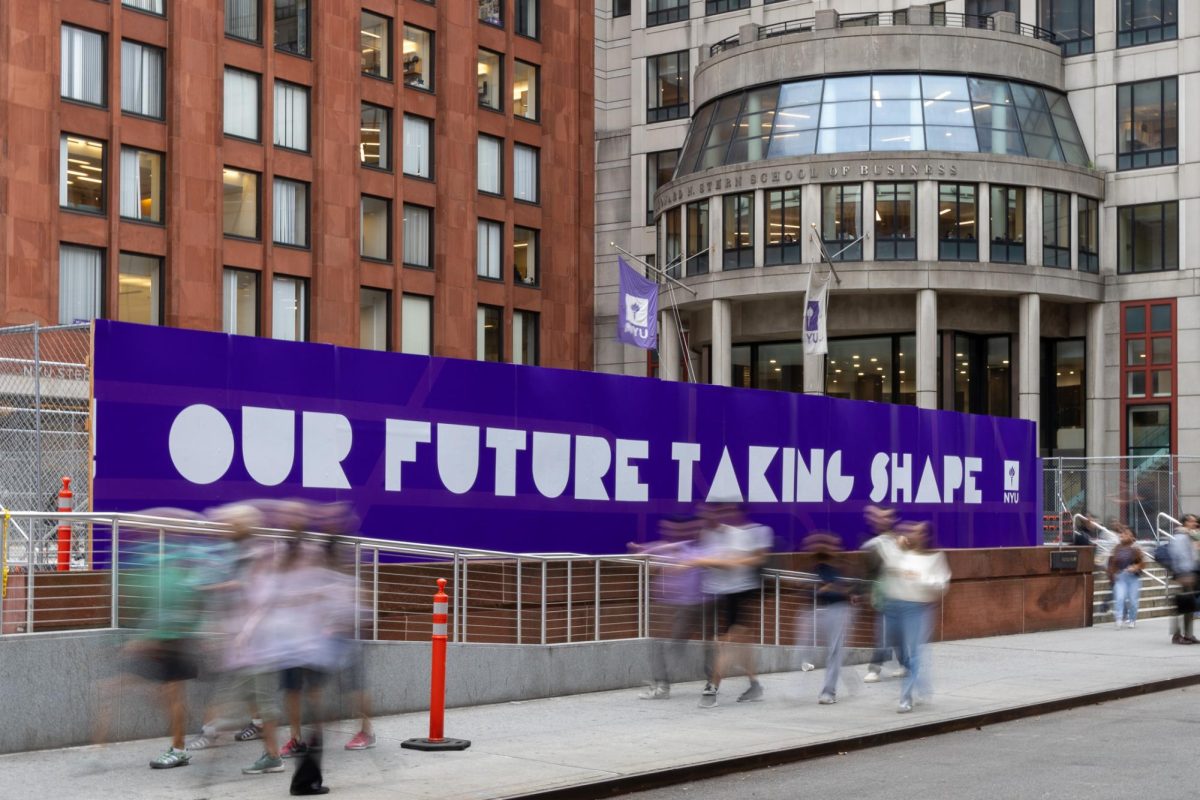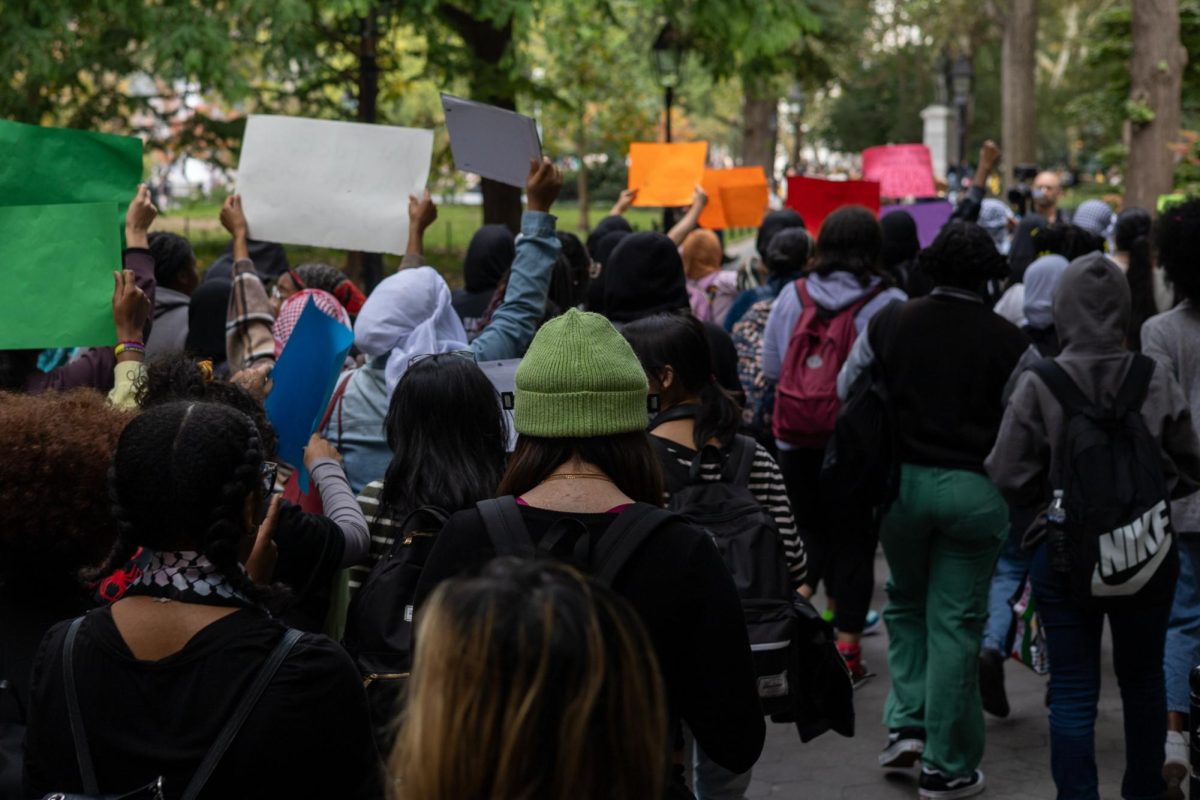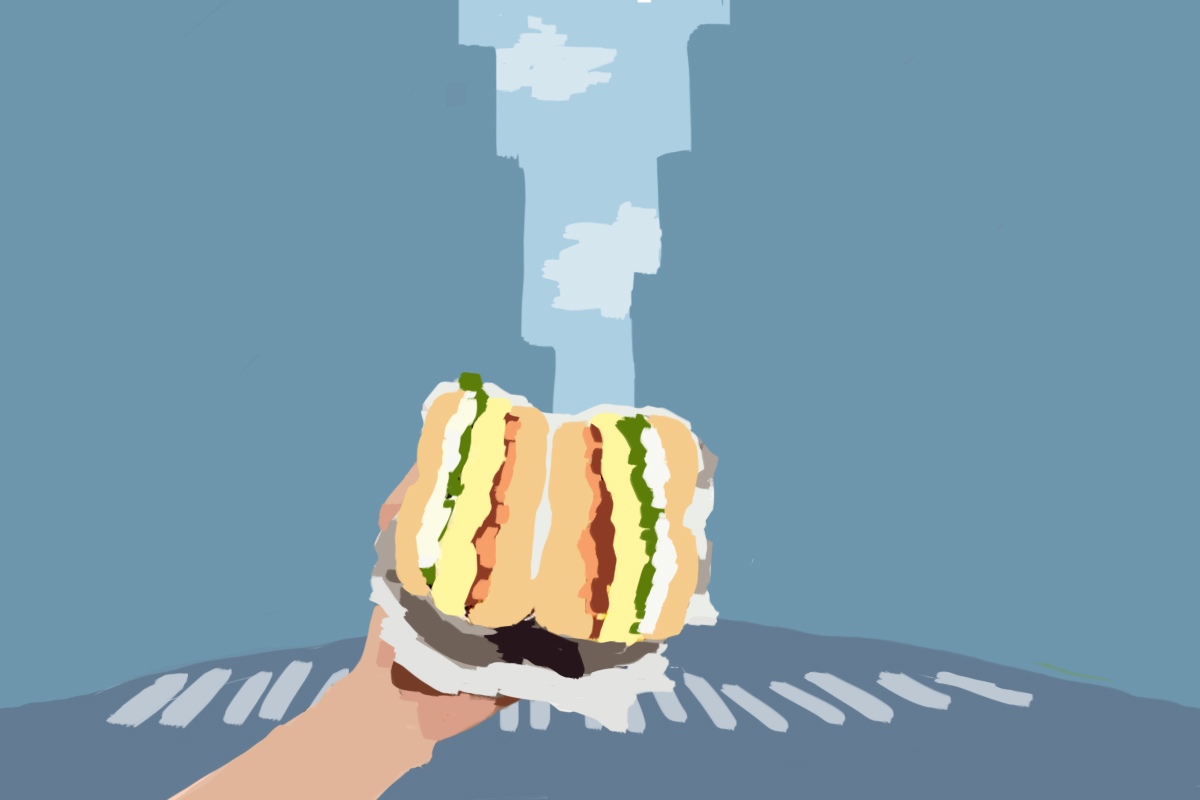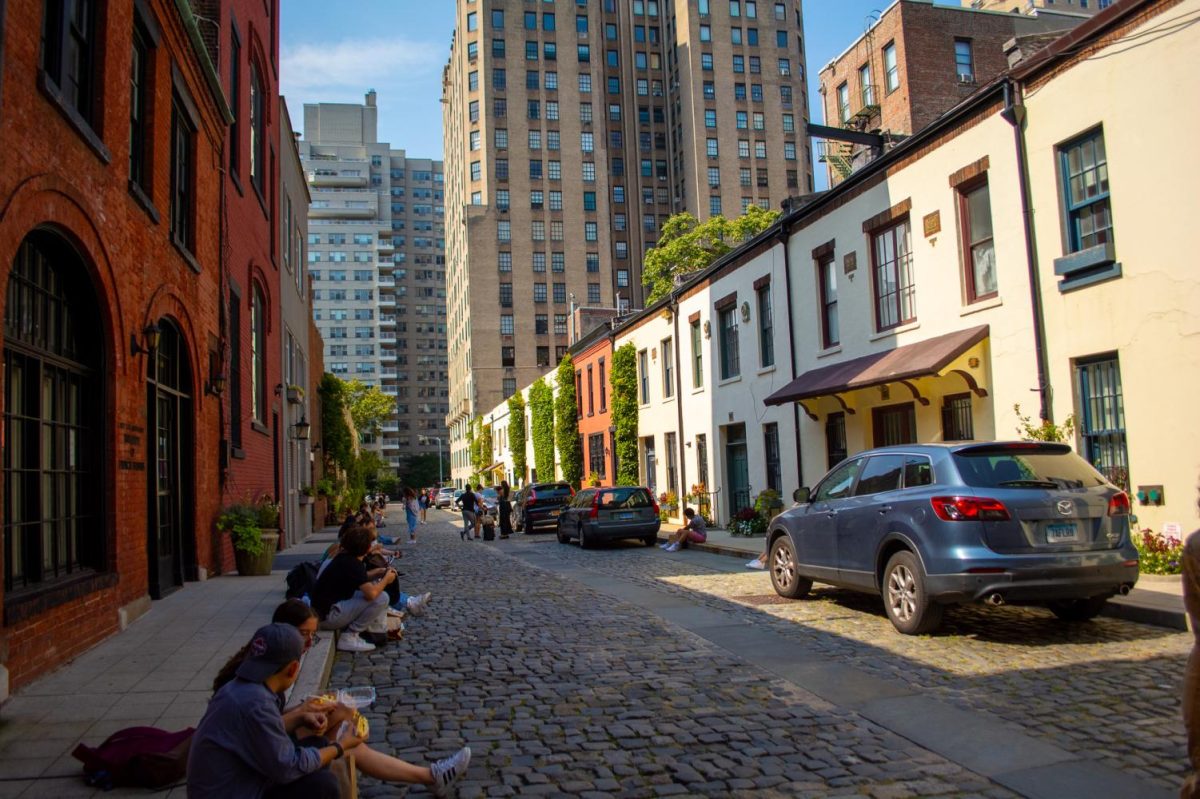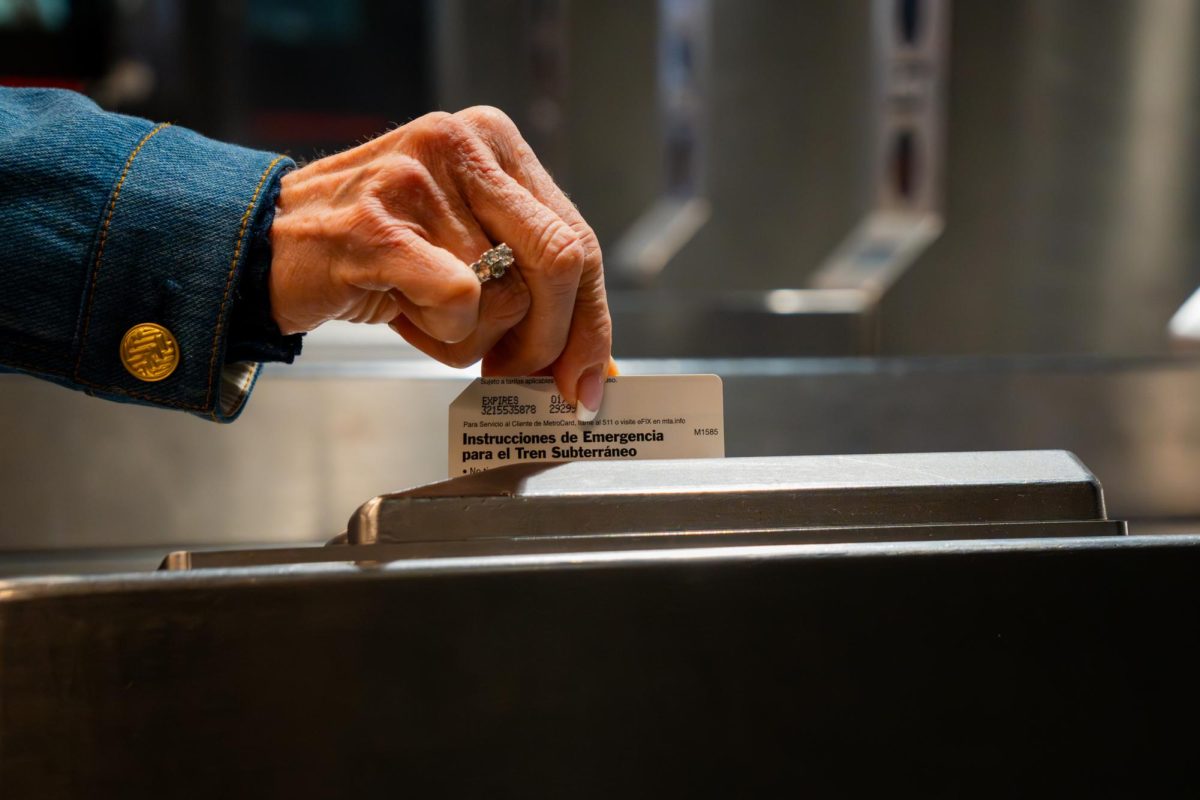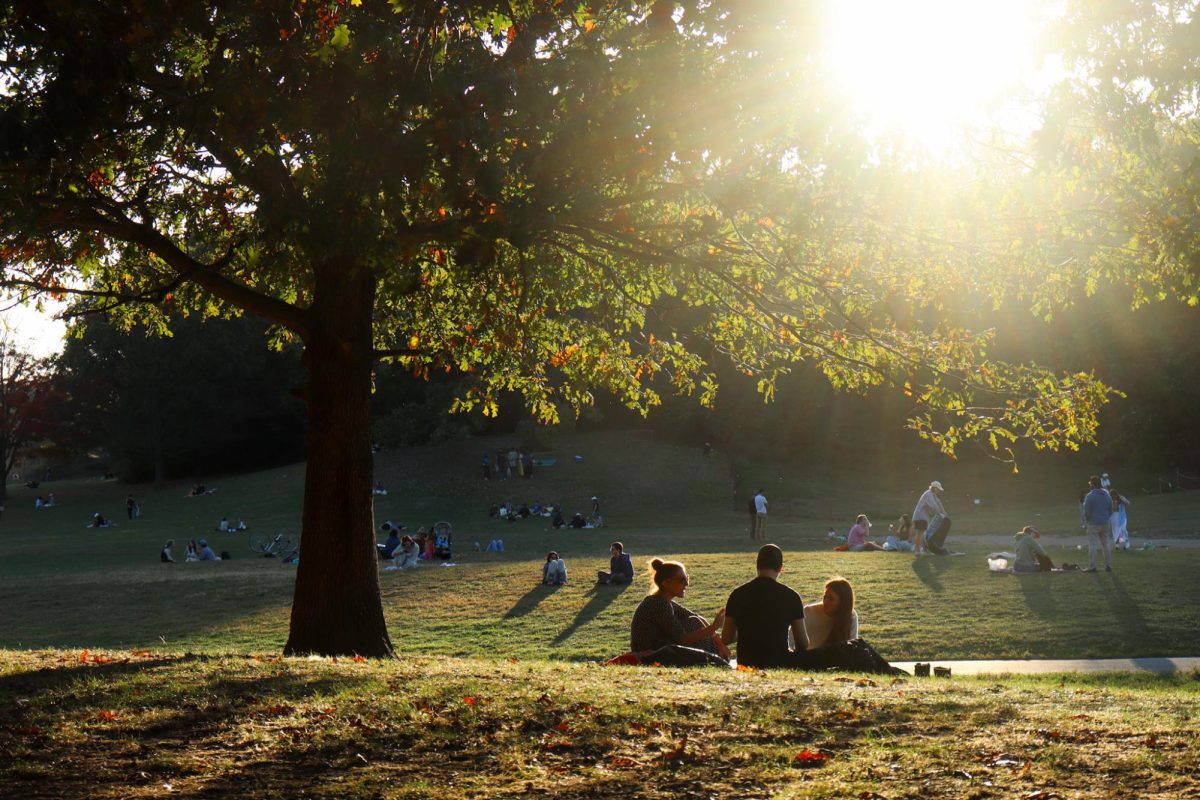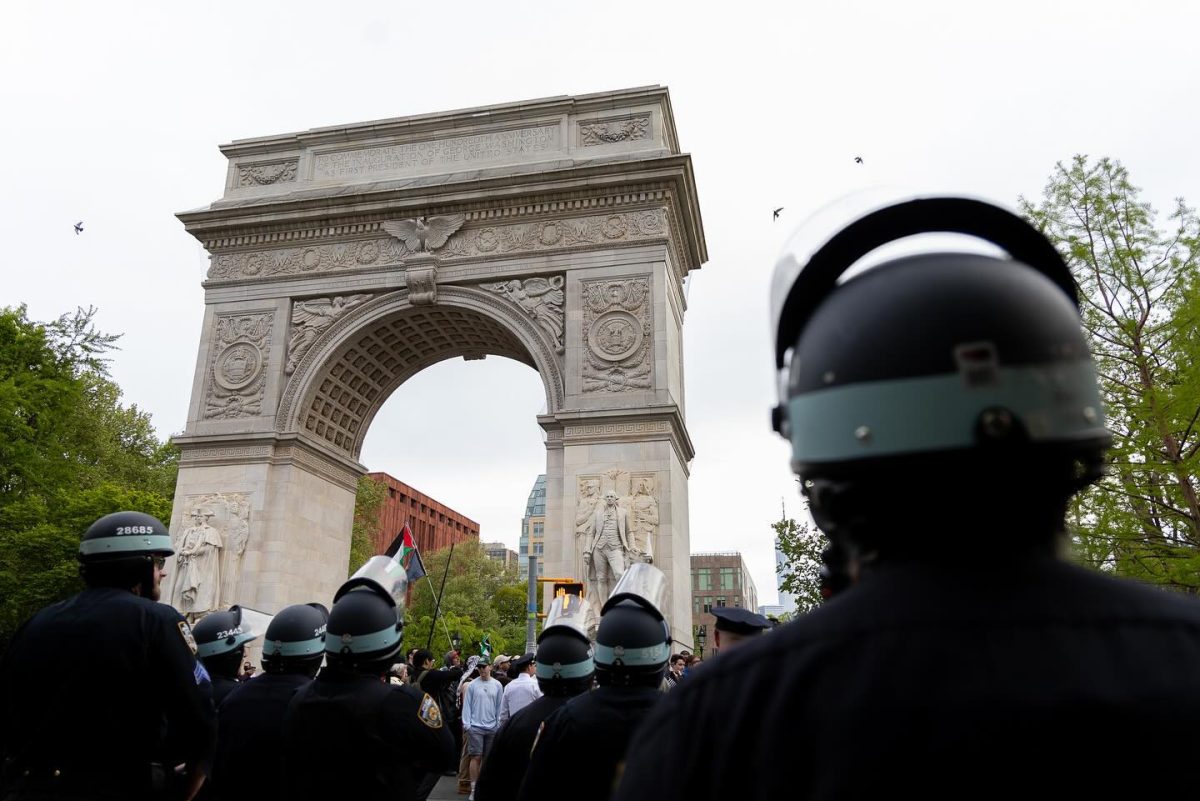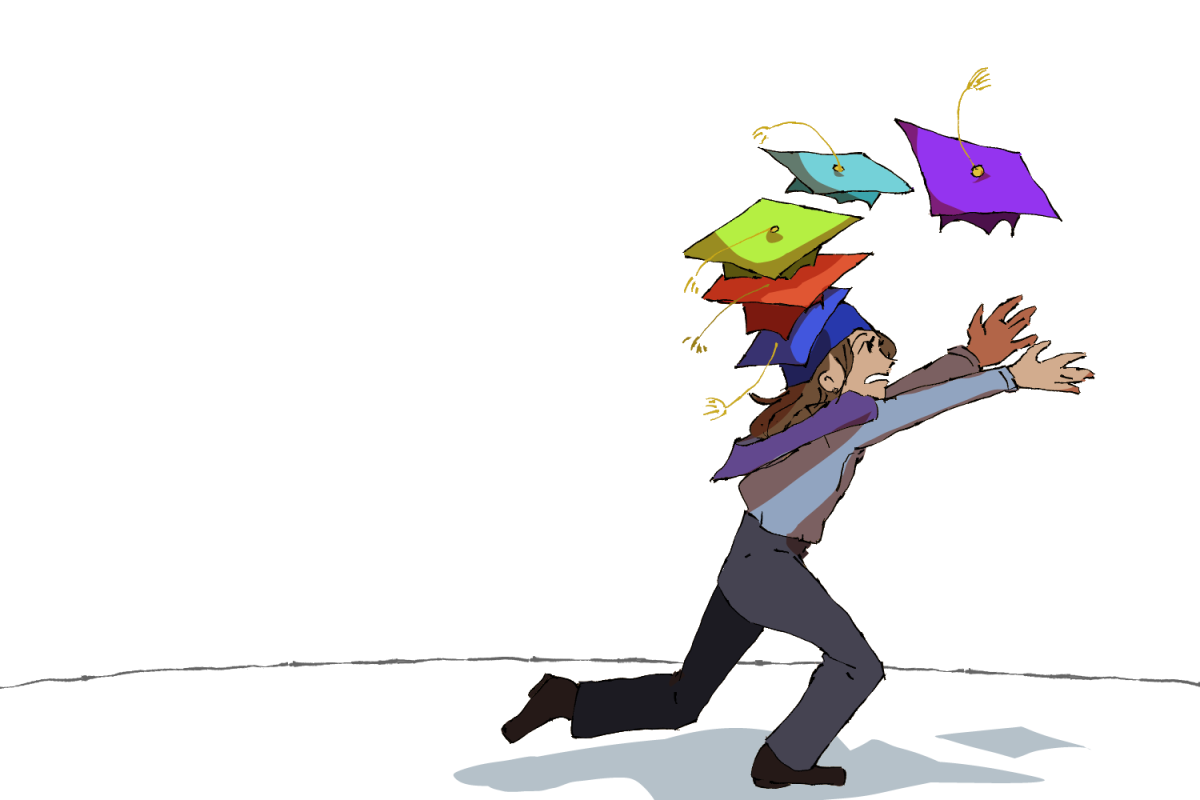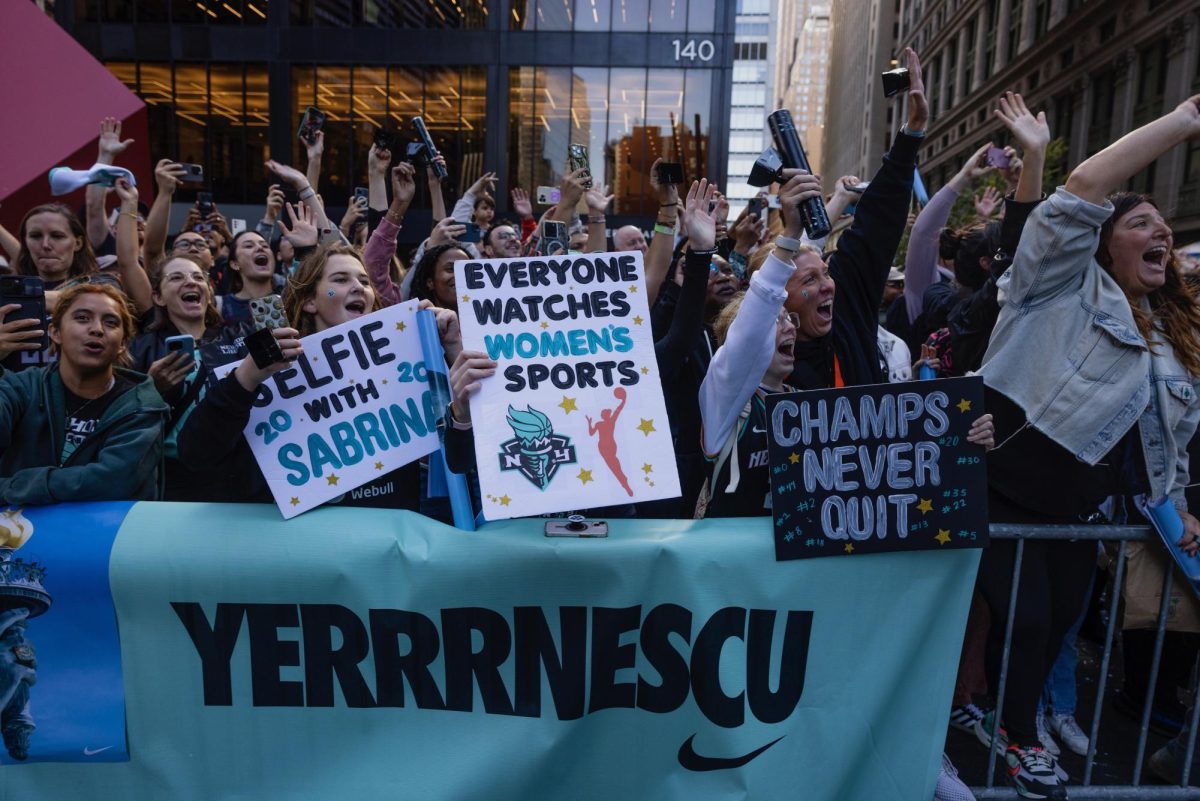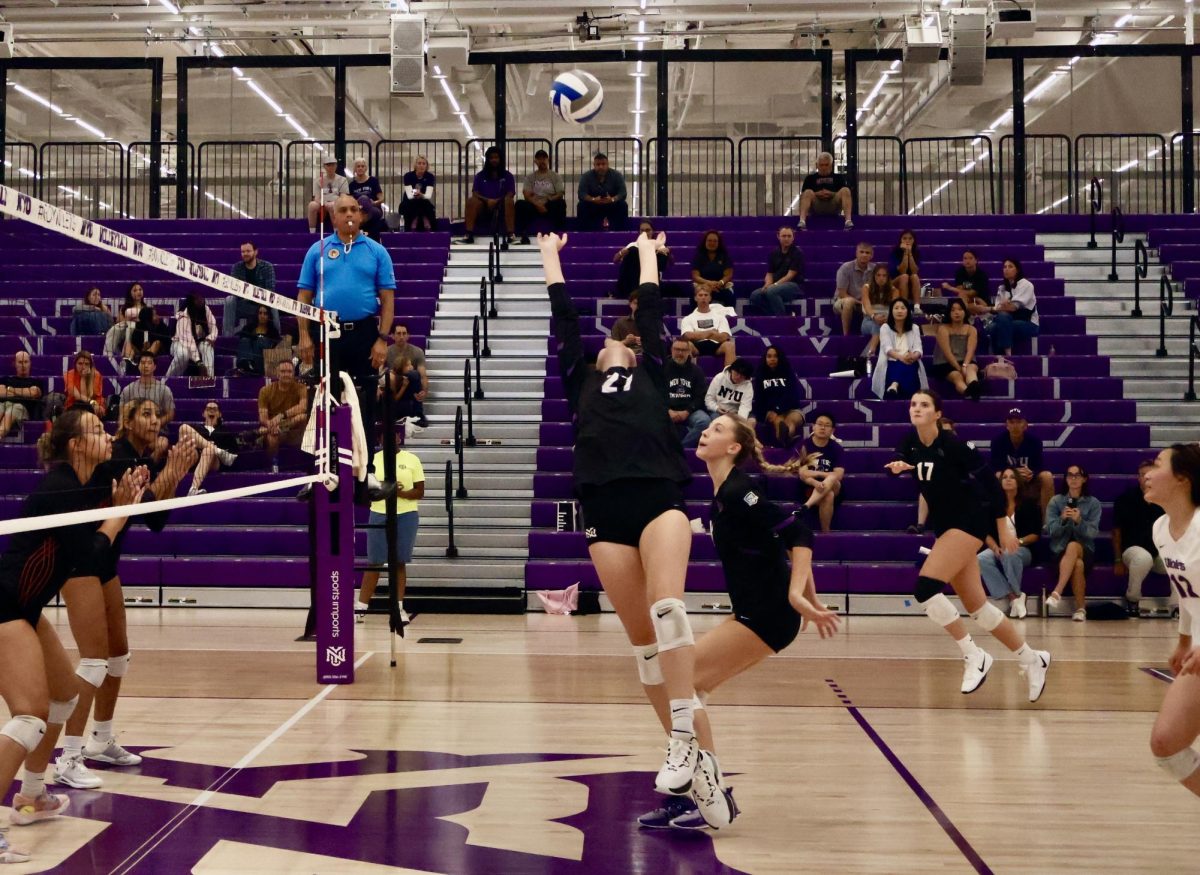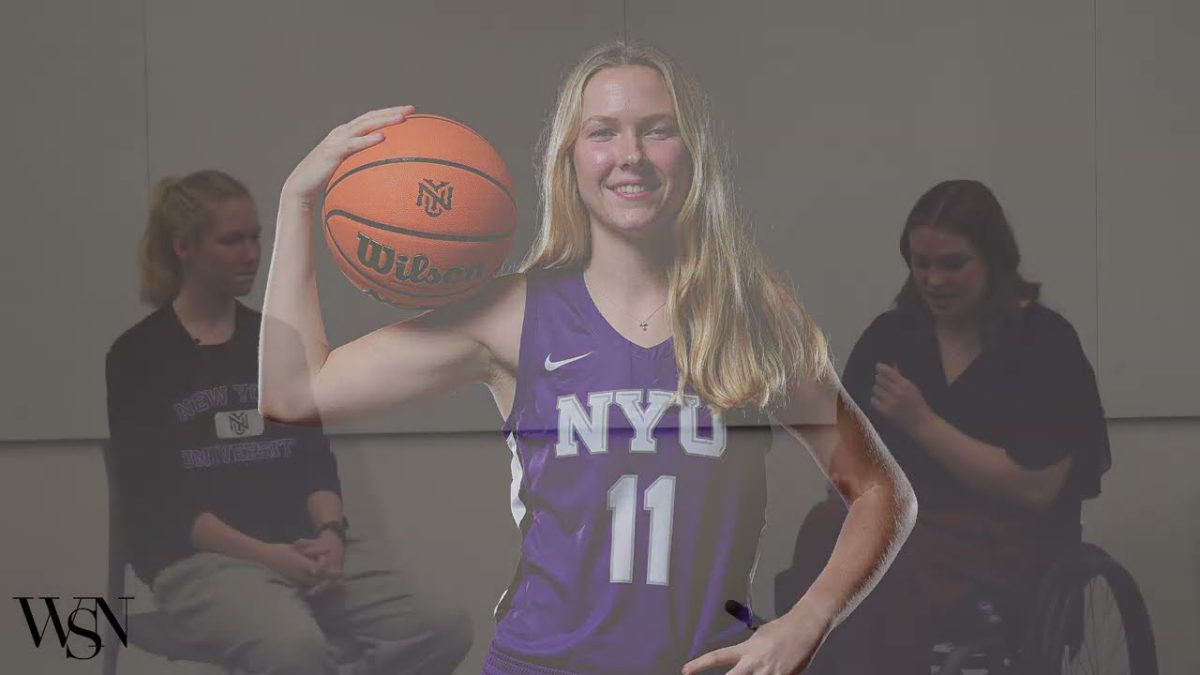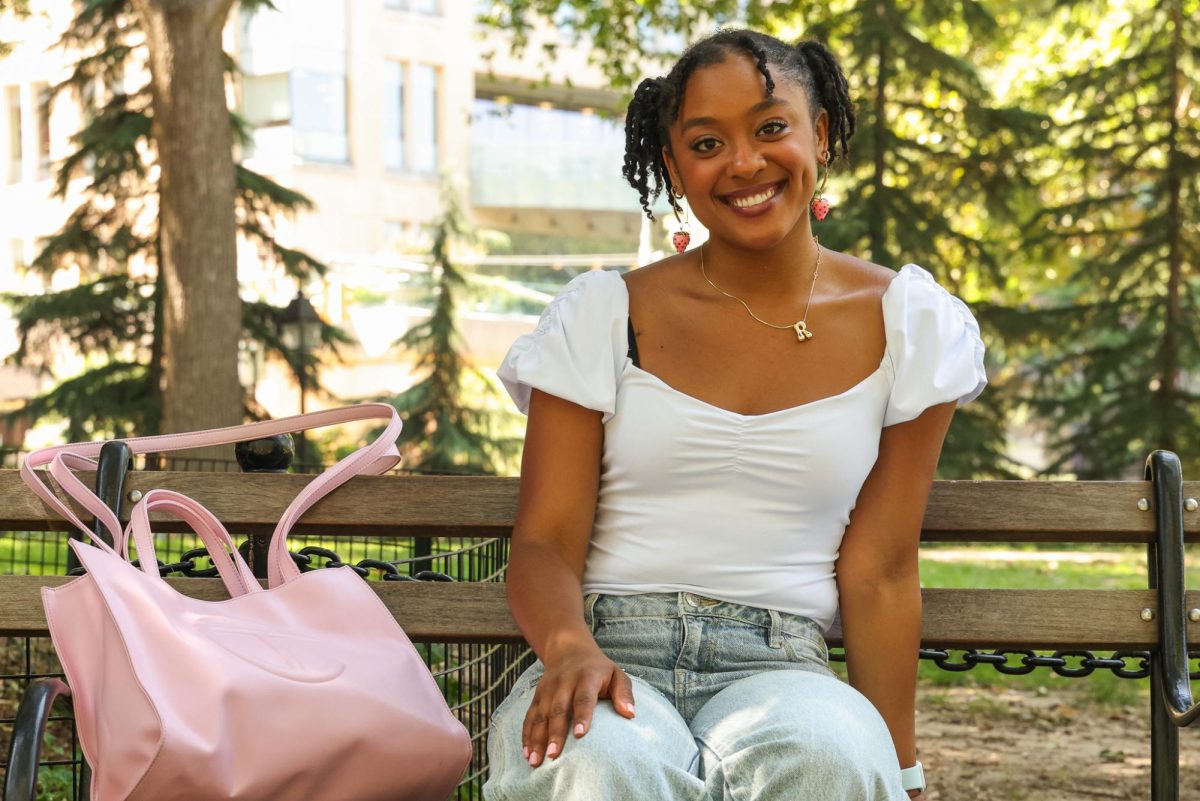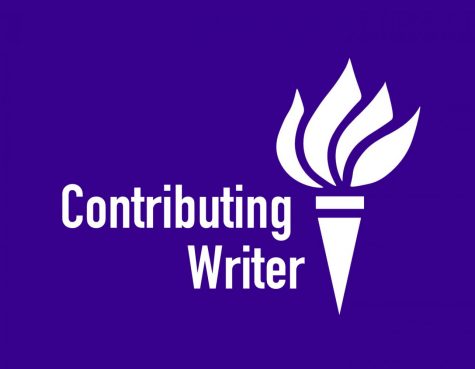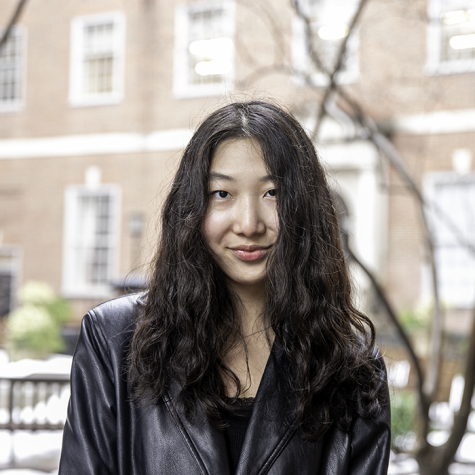Though discussions around the climate crisis have taken a back seat to COVID-19, the pandemic has reinforced the speed with which natural disasters can break down our understanding of the economy, governance and any form of societal organization. Given the current levels of environmental degradation, natural disasters like wildfires, hurricanes or floods will only escalate this phenomenon.
While young climate activists have gained momentum in the past few years, the prioritization of indigenous knowledge and voices has been absent within public dialogue. Though U.S. President Biden and Canadian Prime Minister Trudeau have made a public commitment to Indigenous-directed conservation plans, indigenous voices still remain excluded. Indigenous communities are also one of the groups most vulnerable to the damaging impacts of the climate crisis. They face fragile ecosystems, food insecurity and unemployment as they care for lands that are home to 80% of Earth’s biodiversity, and cover more than 22% of Earth’s surface.
The 2030 Agenda for Sustainable Development does not recognize collective rights in regards to land, health and education, which are essential to Indigenous populations. As dozens of countries push the 30×30 initiative, focusing on conserving at least 30% of the Earth’s land and water by 2030, Indigenous communities remain unrecognized as parties to the global ratification and can only act as attending observers.
As bearers of a symbiotic, reverent relationship between man and nature, Indigenous peoples have prioritized spiritual stewardship, not ownership, over the Earth. This stewardship represents an innate responsibility to nourish the land and its wildlife.
We must create spaces of dialogue around the history, ideas and practices of Indigenous stewardship. The intrinsic bond between our environments and the imperialistic history that has followed has shaped our path towards this current climate crisis. For example, the arrival of Europeans in the Americas in 1492 brought epidemics that killed most Indigenous populations and wiped out around 56 million hectares of fertile Indigenous land over the following century.
NYU’s Center for Multicultural Education and Programs provides programming about Indigenous people and their history, but these ideas need to be ingrained into university life even further. Given how NYU’s curriculum dominates our time and energy as students, these courses shape not only our opinions towards climate policy but how we seek out knowledge. Pedagogy overwhelms the texts, ideas and voices we use to apply climate policies to our lives.
It is urgent that we call upon Indigenous leadership within environmental restoration and re-orientation. One place Indigenous perspective prioritization must start is within NYU coursework itself. These spaces serve as an intellectual foundation. We bring these experiences to our future careers, and even to our conversations with family and friends. They impact whether we resist or support the constant exclusion of Indigenous narratives.
In their first year, students should have a discussion of Indigenous writers in Writing the Essay, which can be crucial to their academic experience. Even if the works do not directly align with environmental studies, we can start re-working ourselves to automatically include Indigenous ideas in our understandings of the world around us.
If we ever want to tackle the climate crisis, which is seen as one of the most pressing challenges of our lifetimes, we must prioritize Indigenous perspectives within our very own school.
Opinions expressed on the editorial pages are not necessarily those of WSN, and our publication of opinions is not an endorsement of them.
Email Michelle Han at [email protected].

